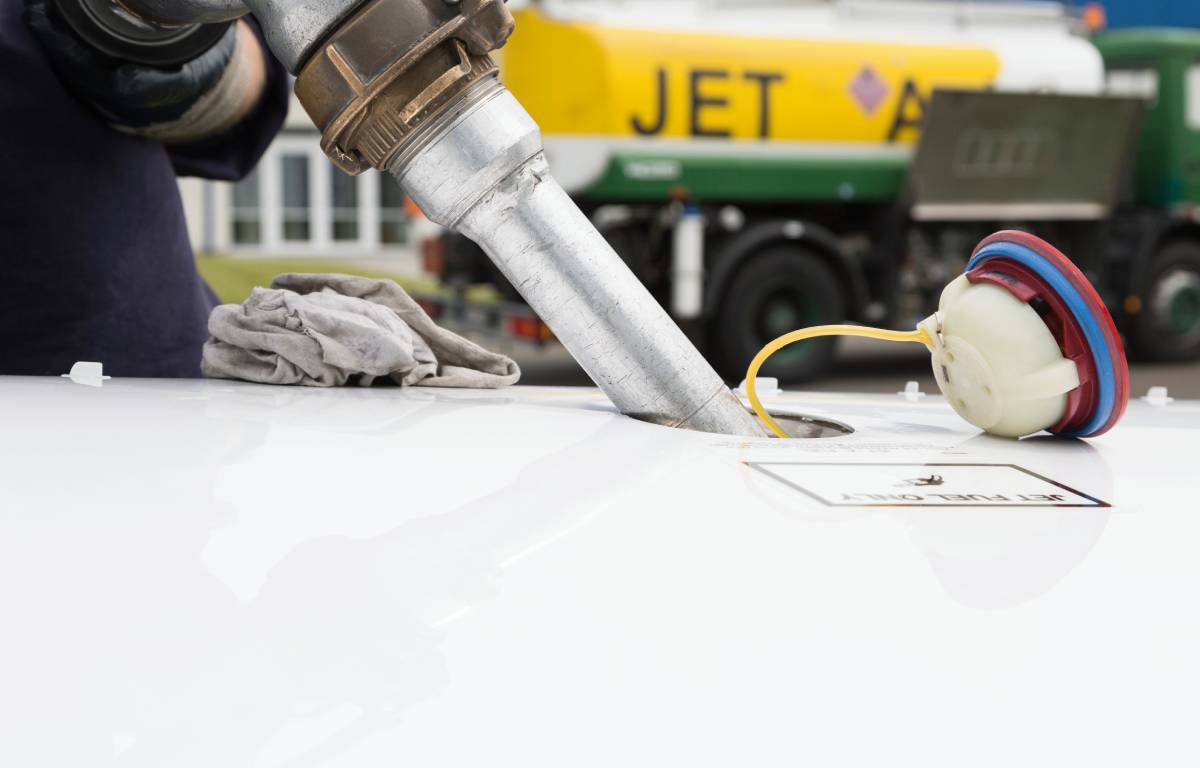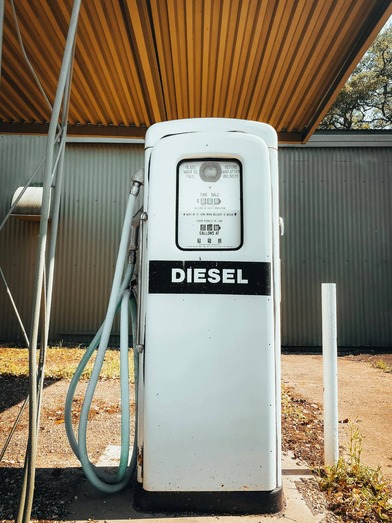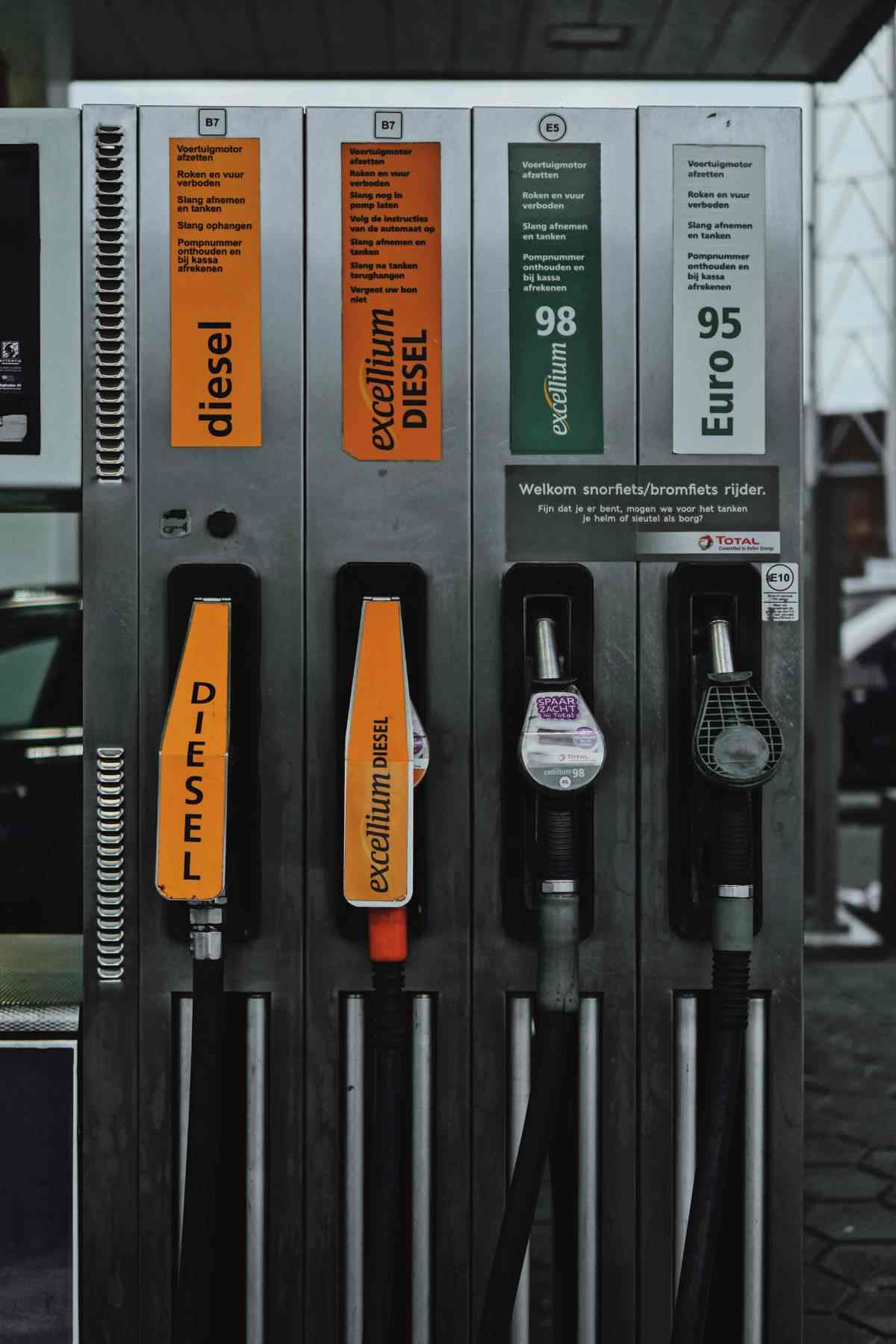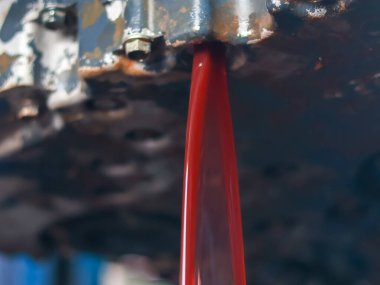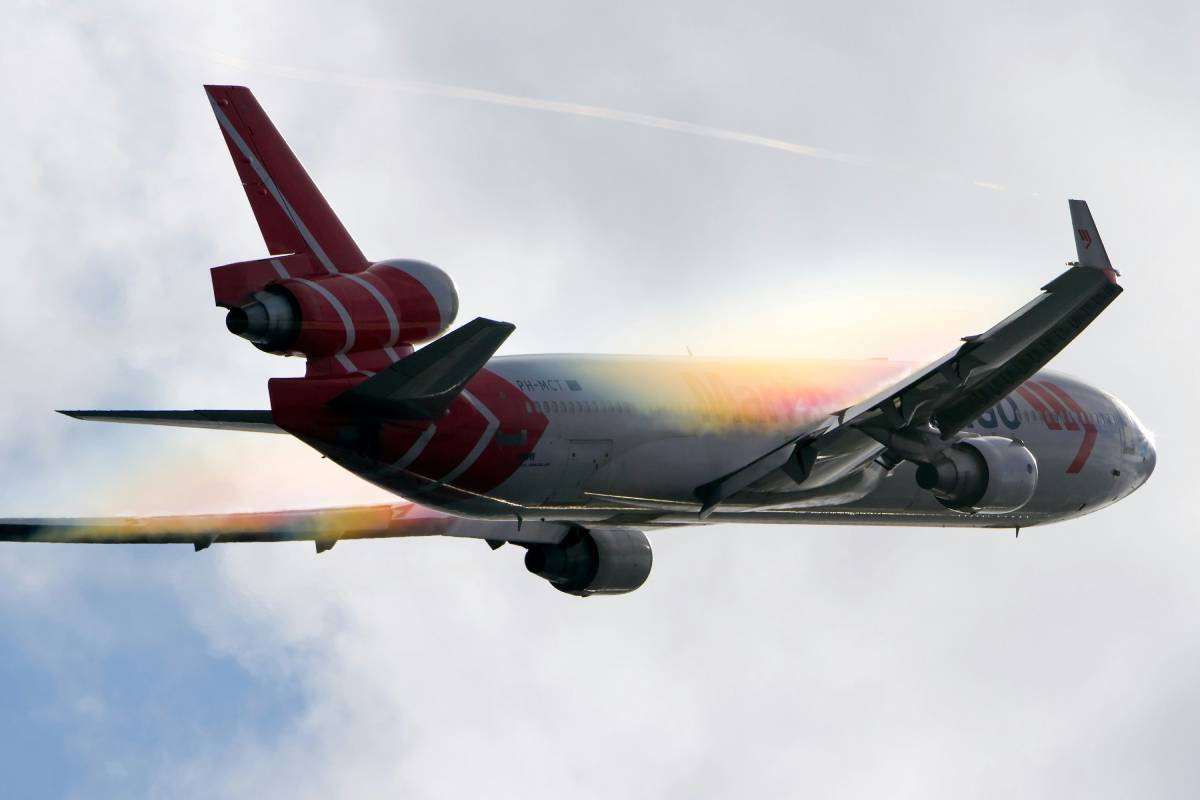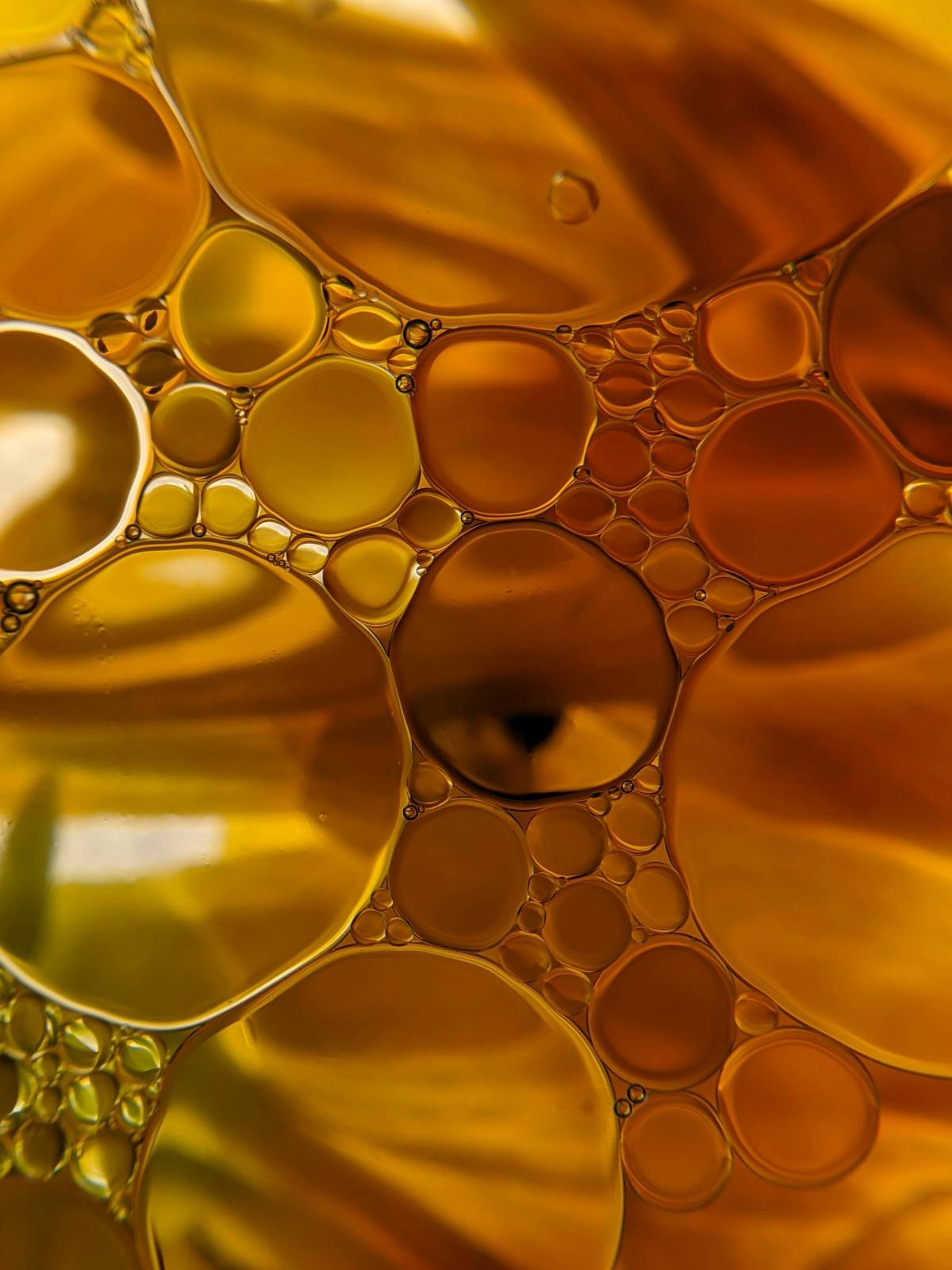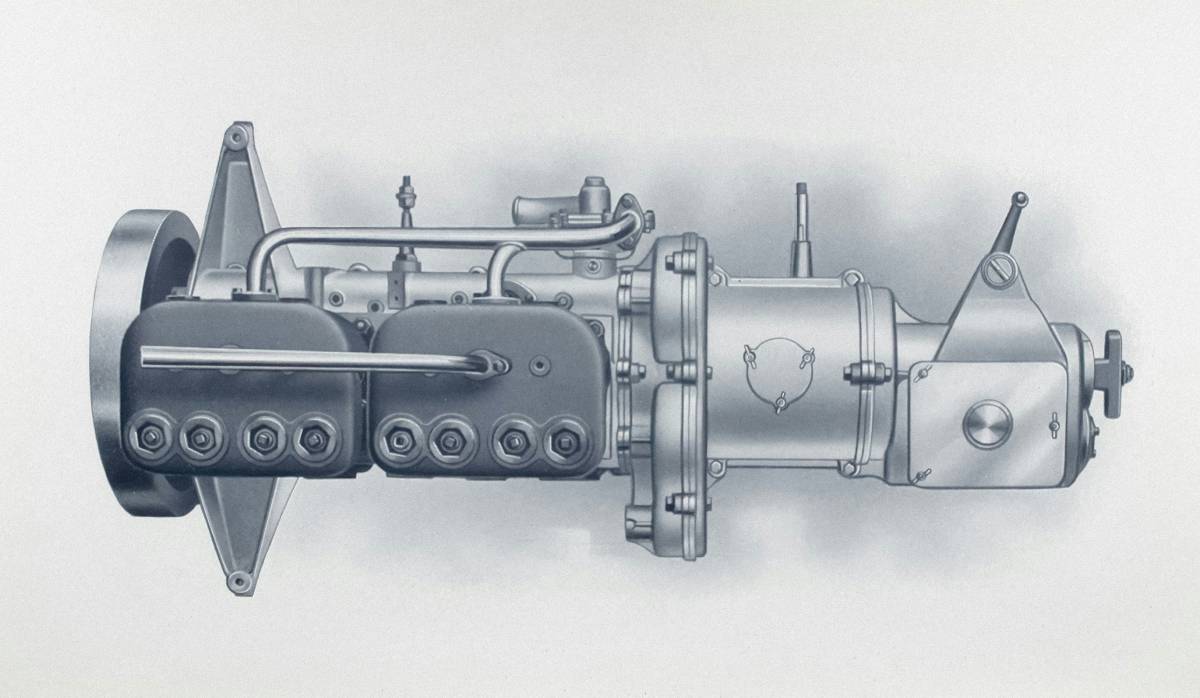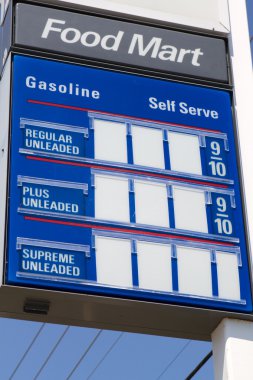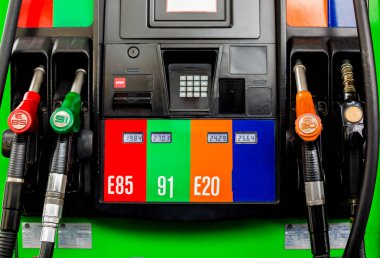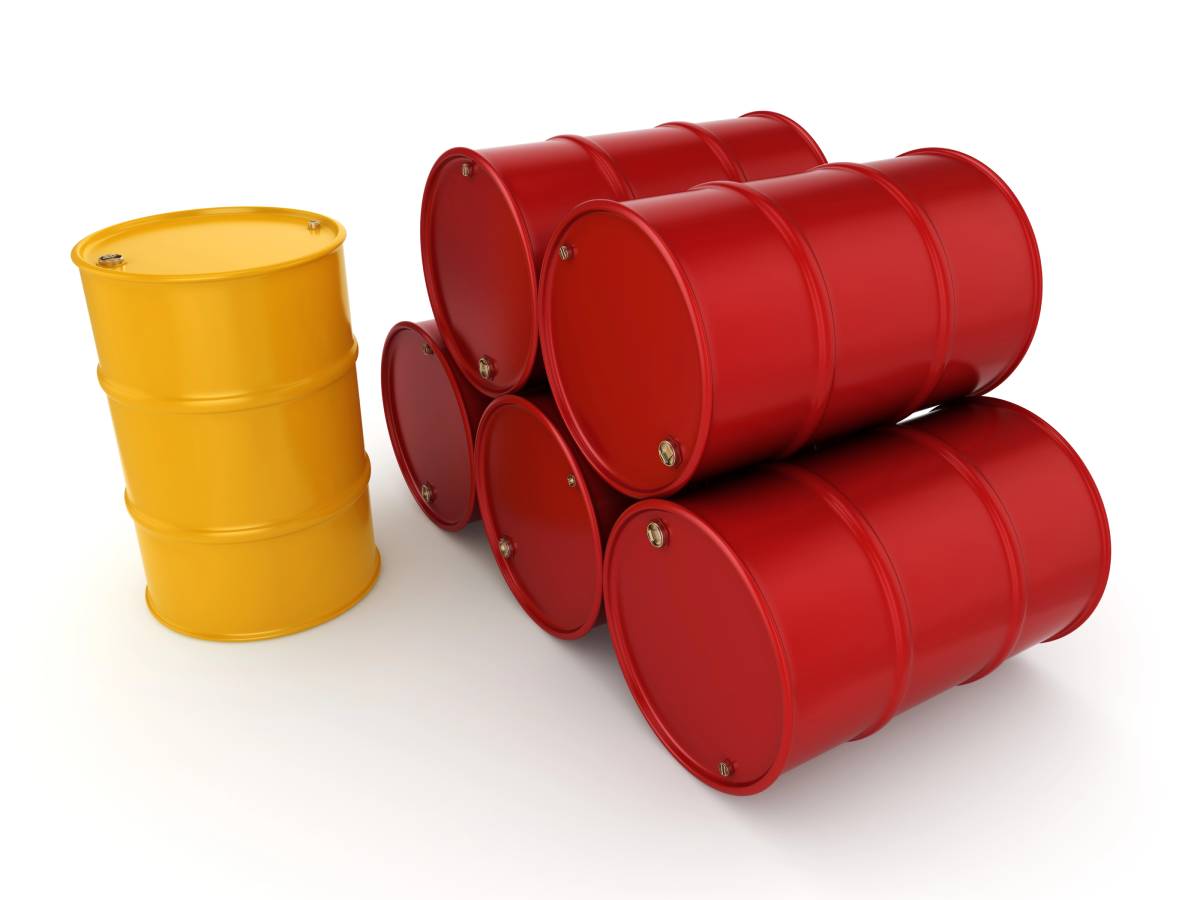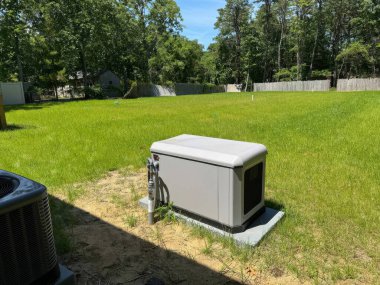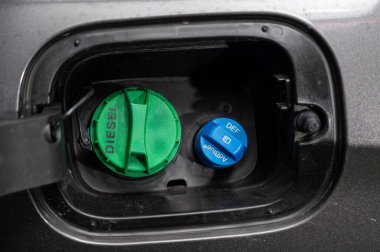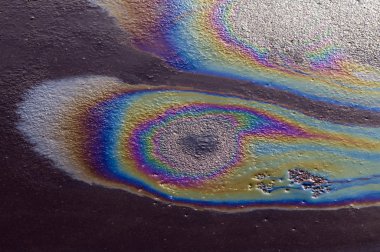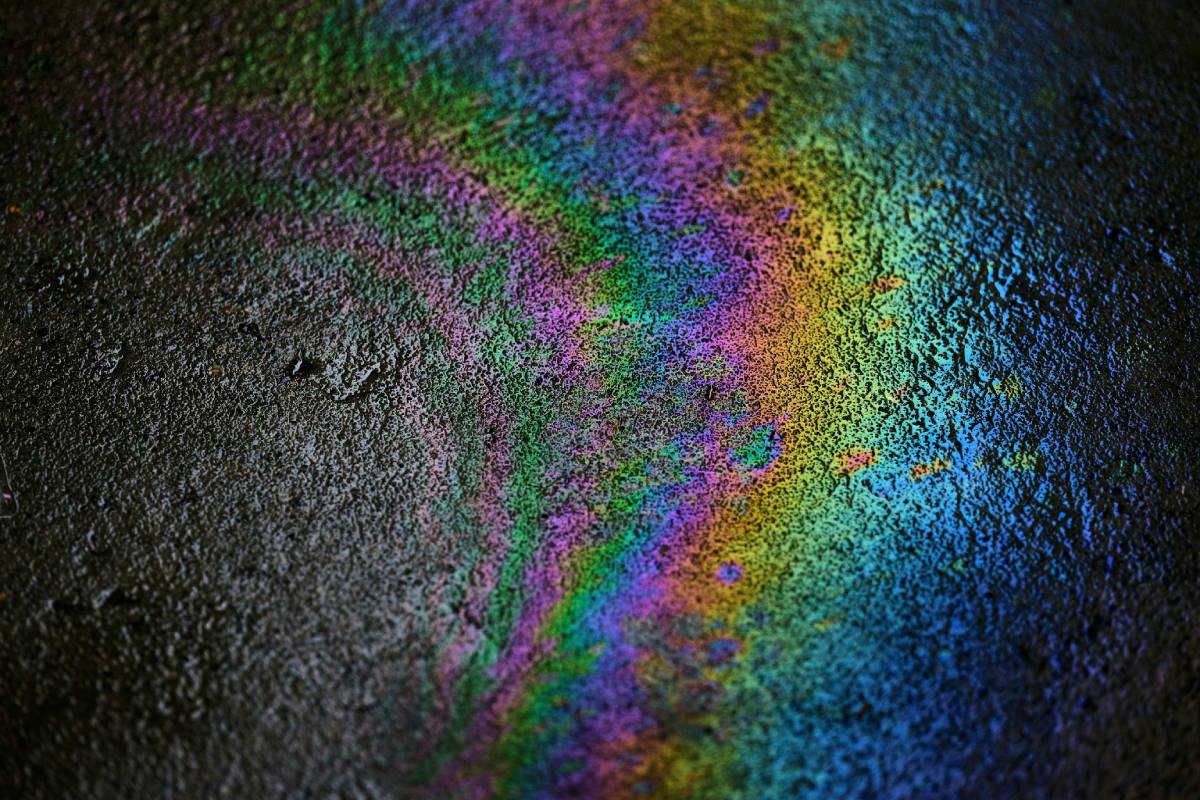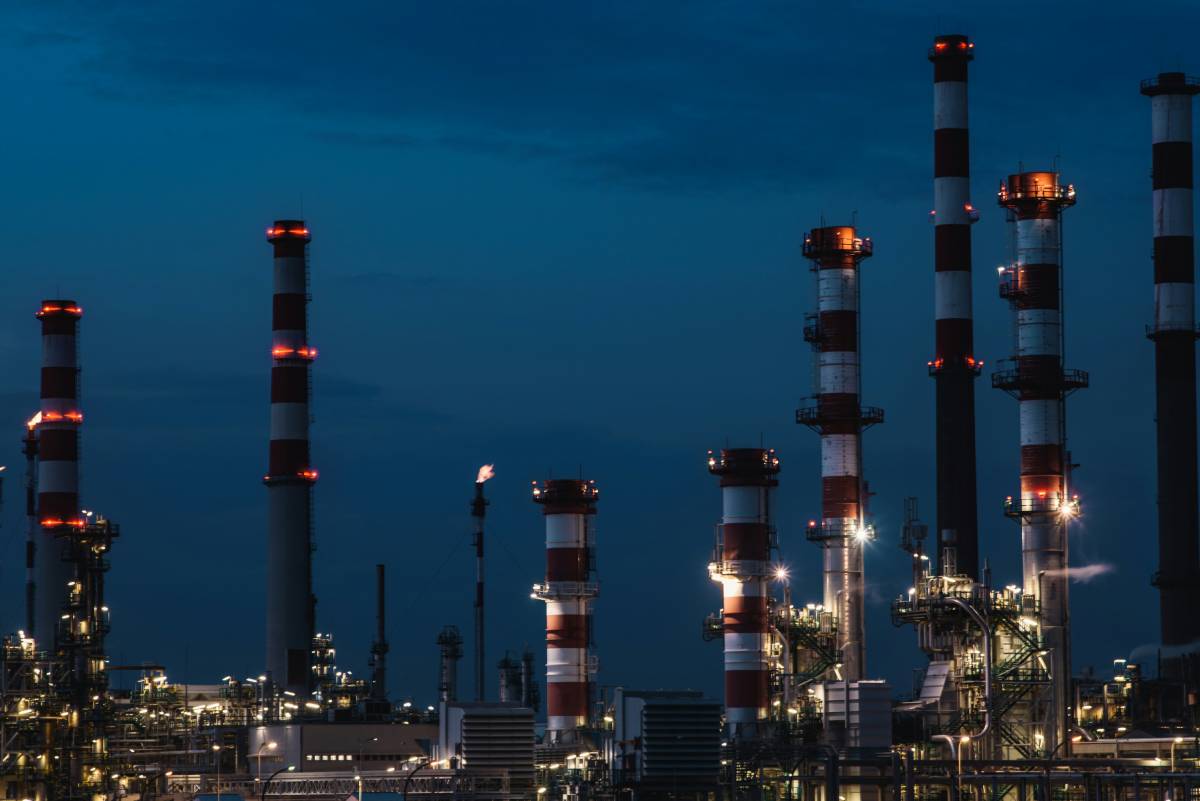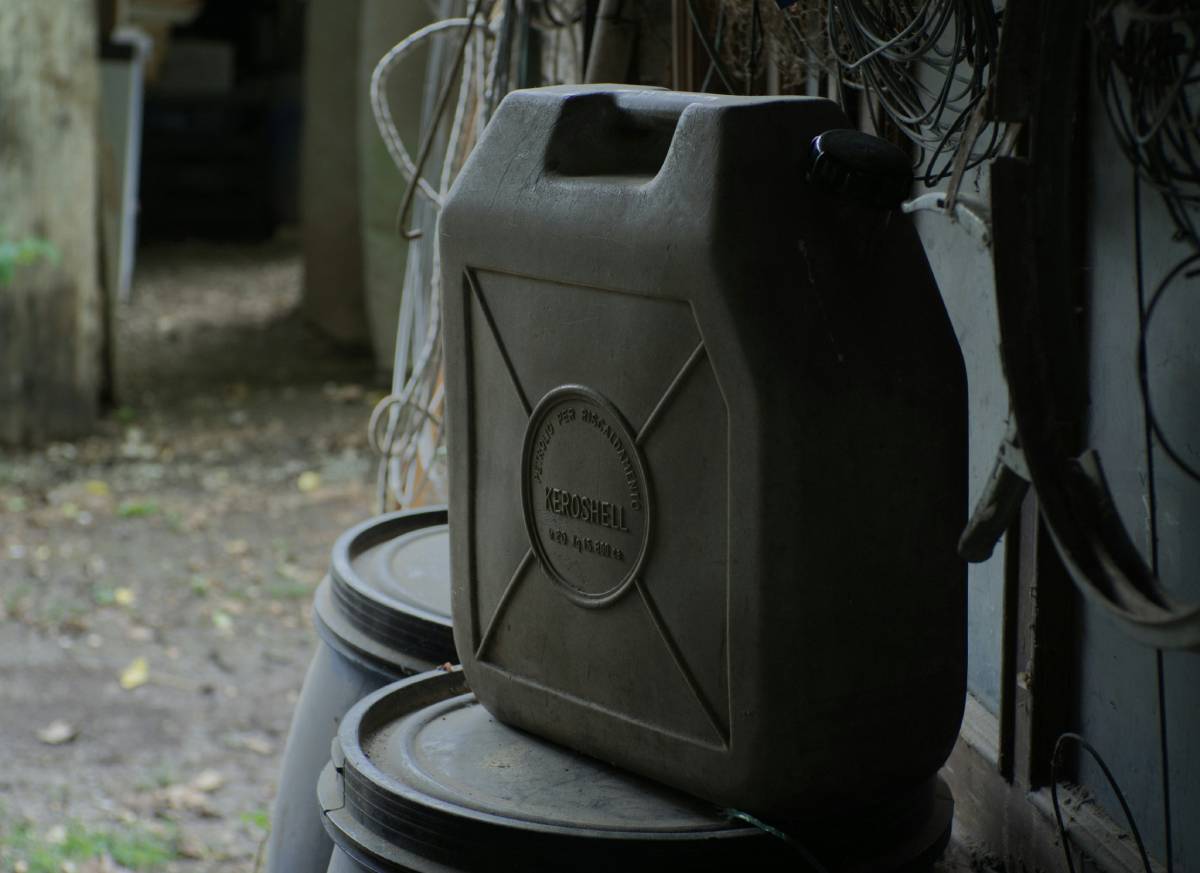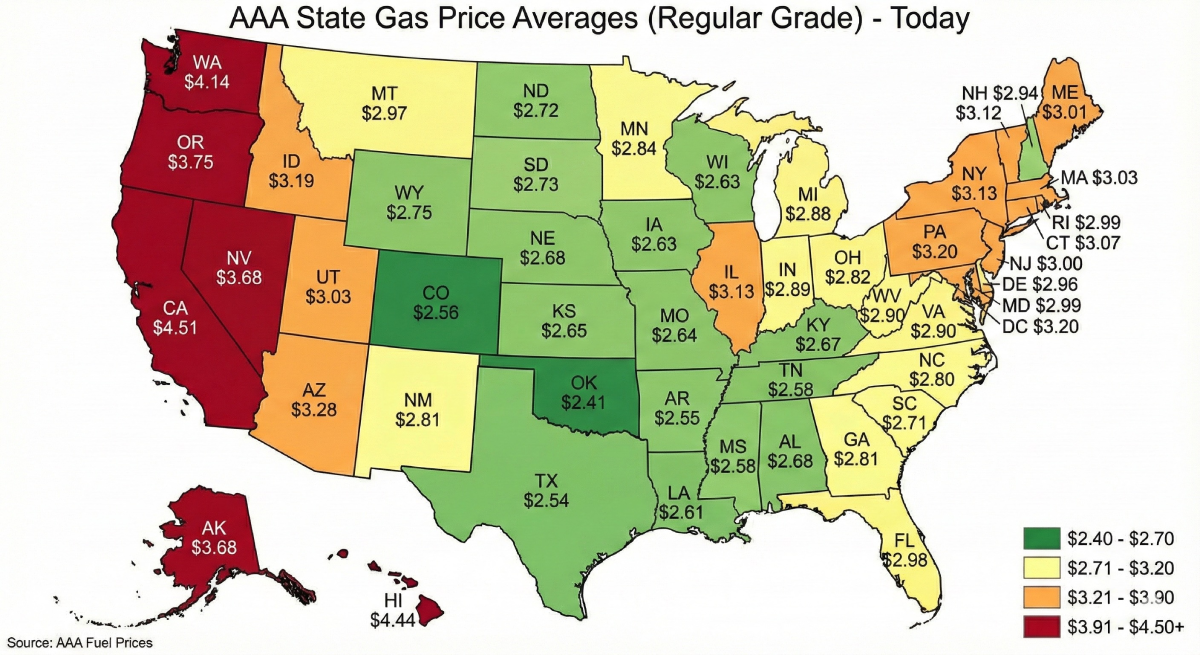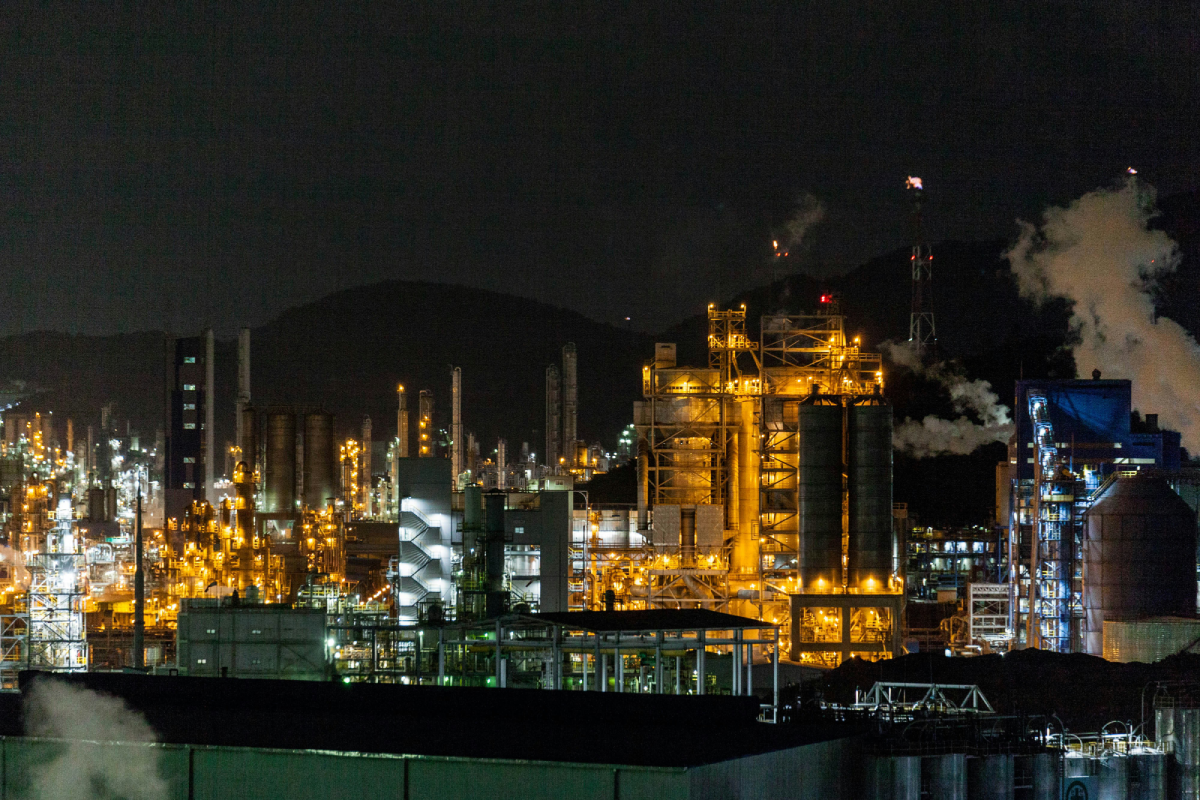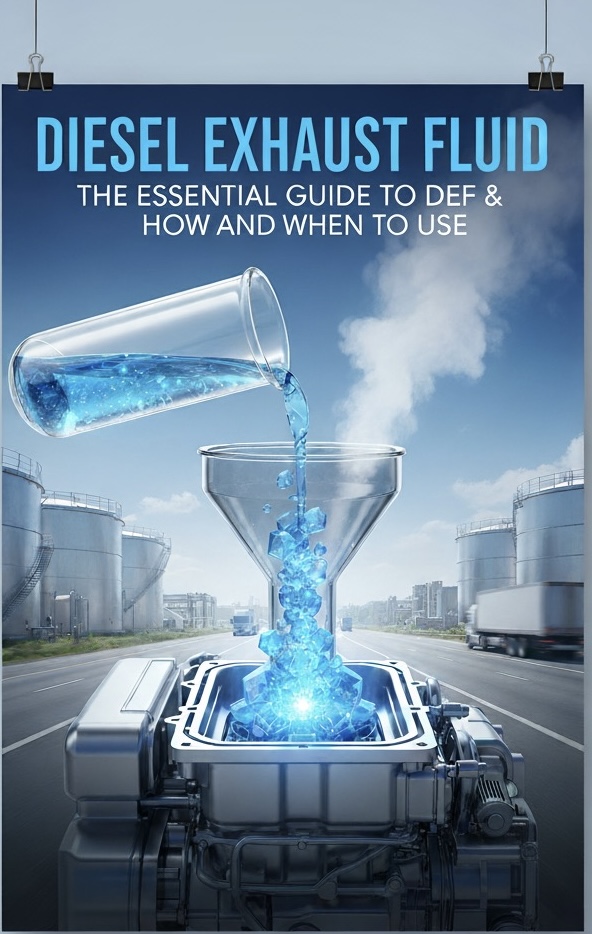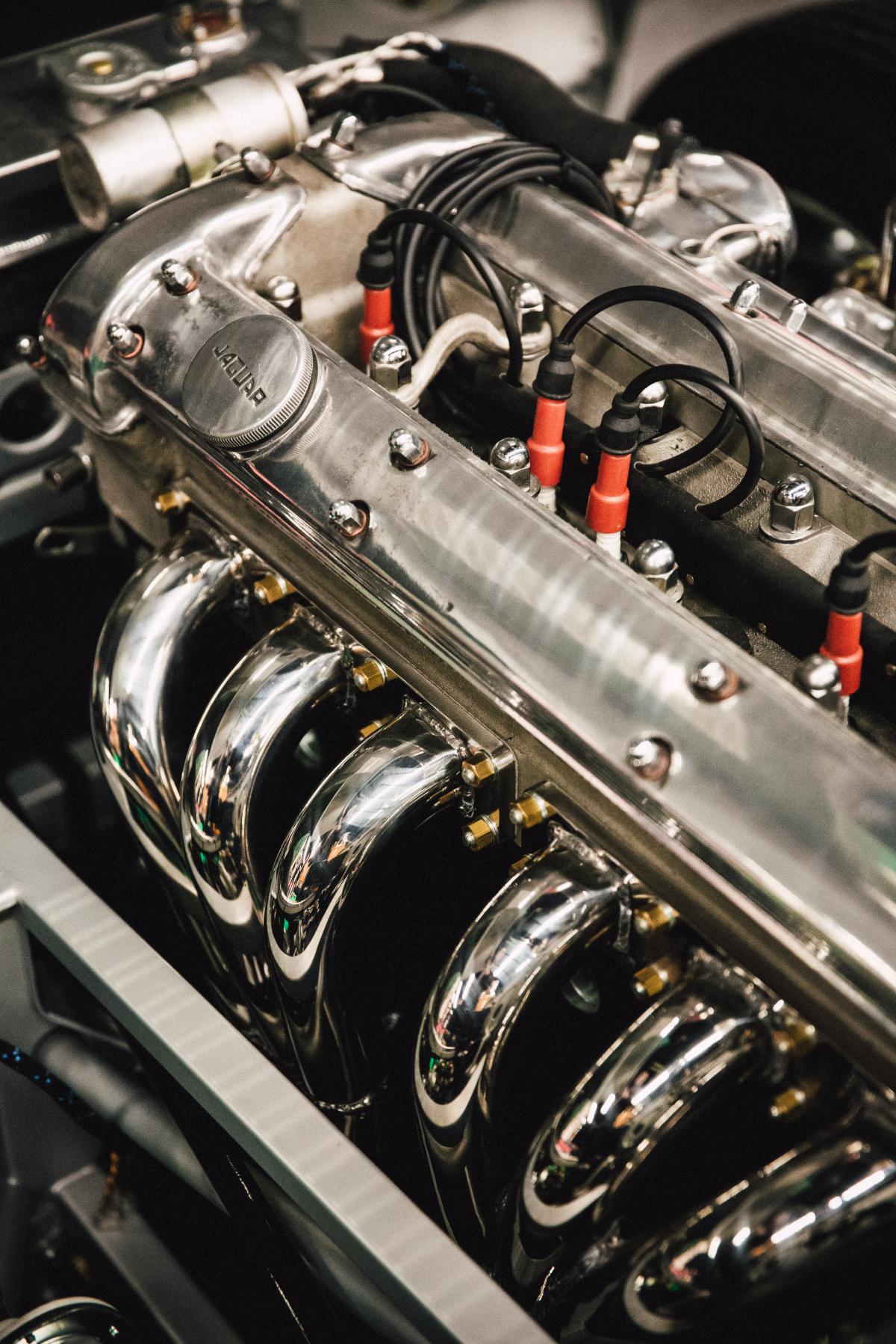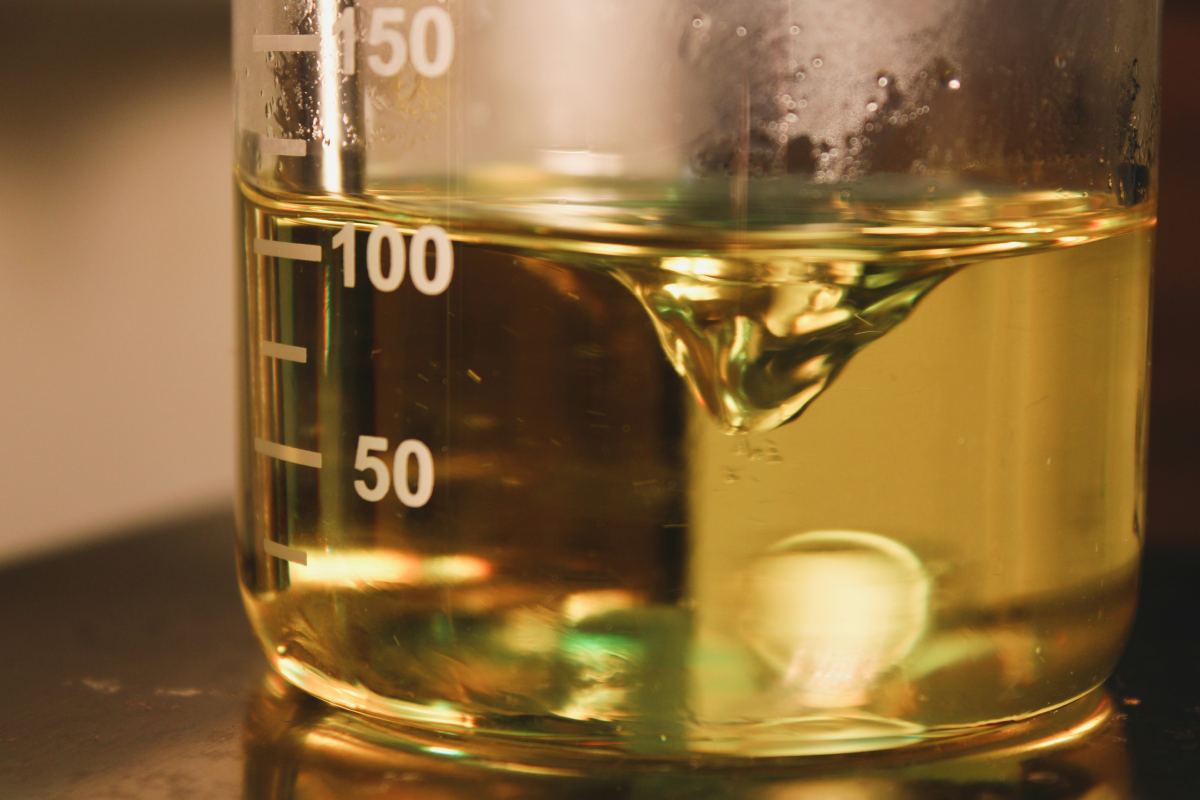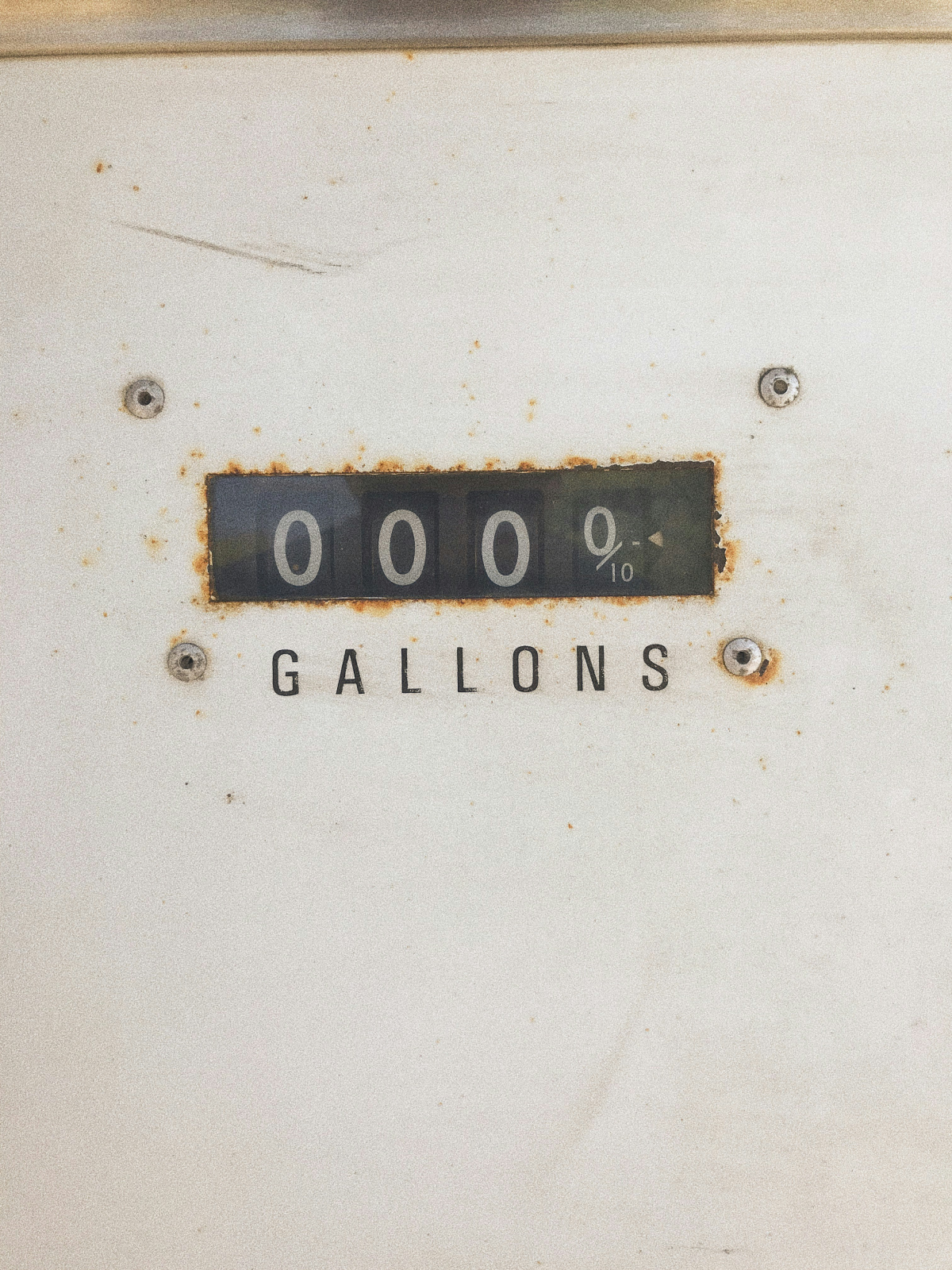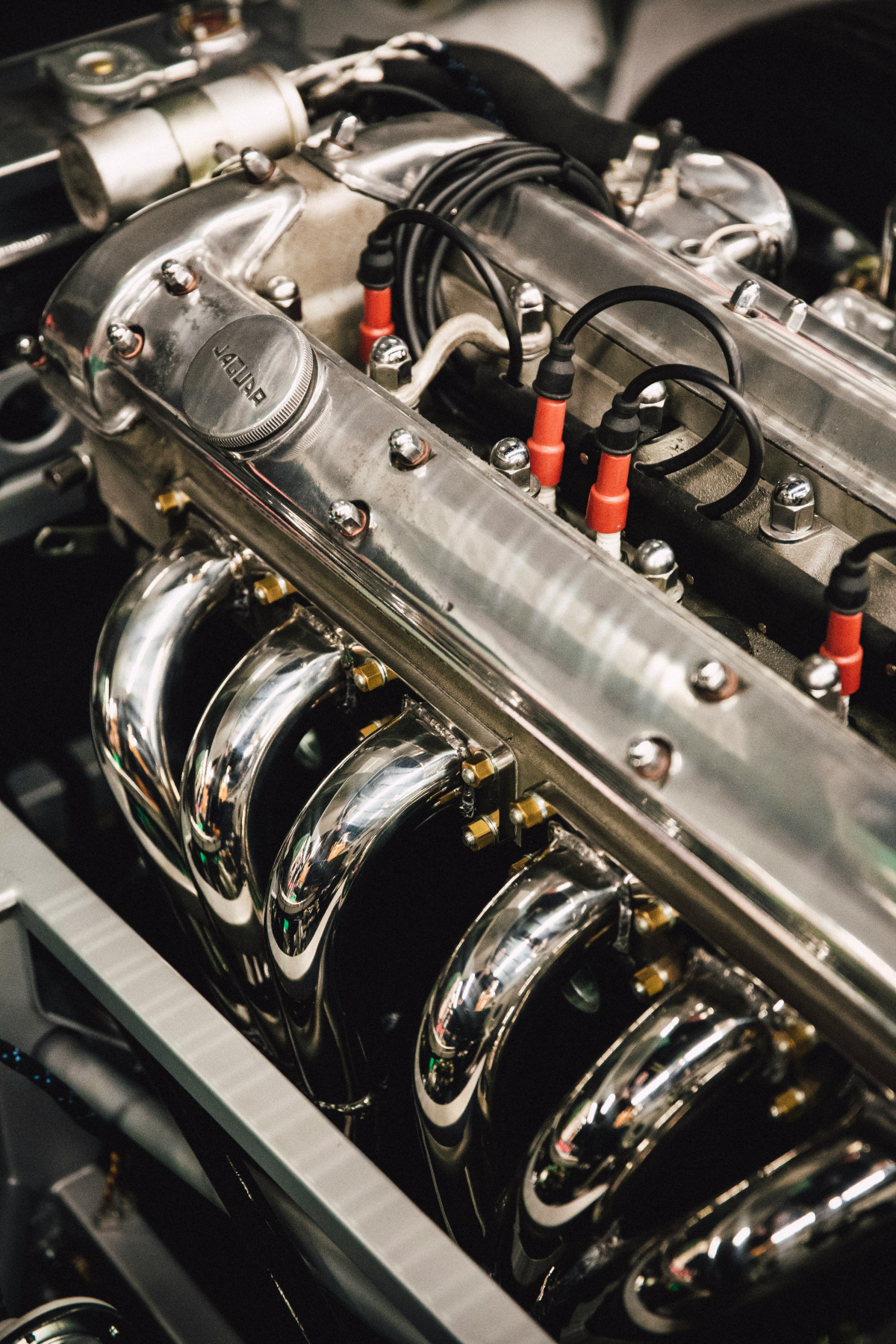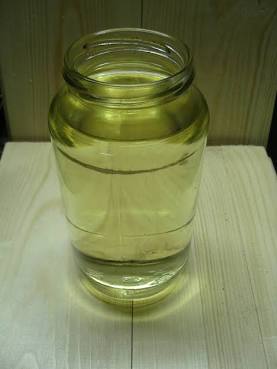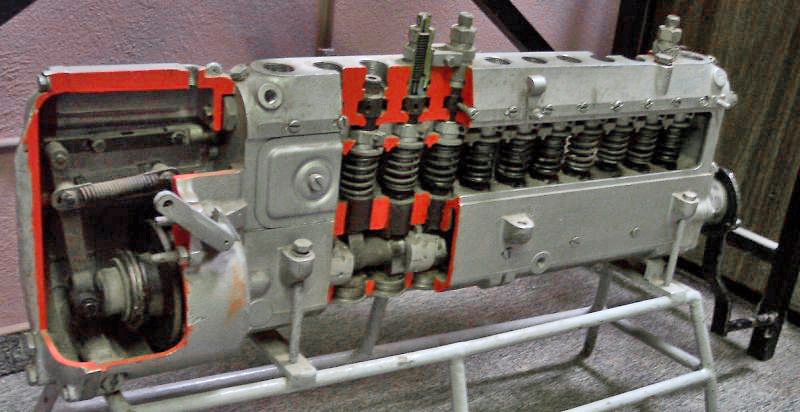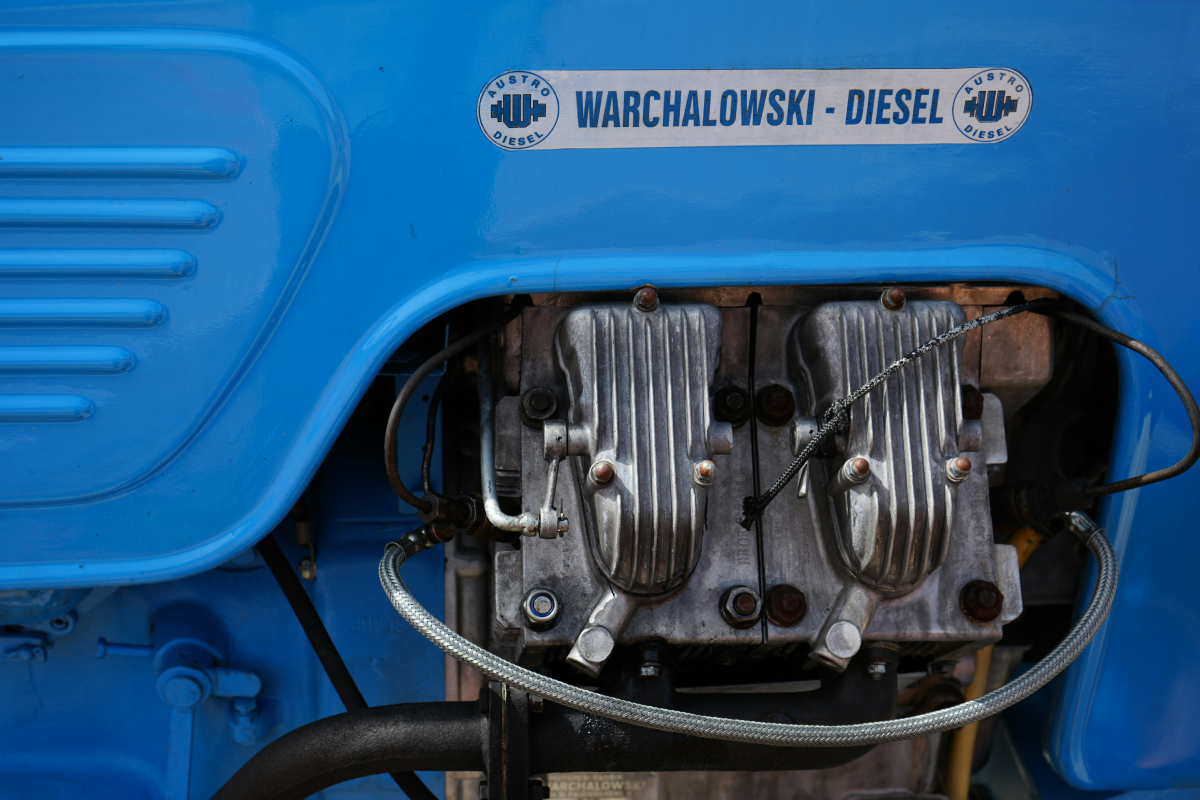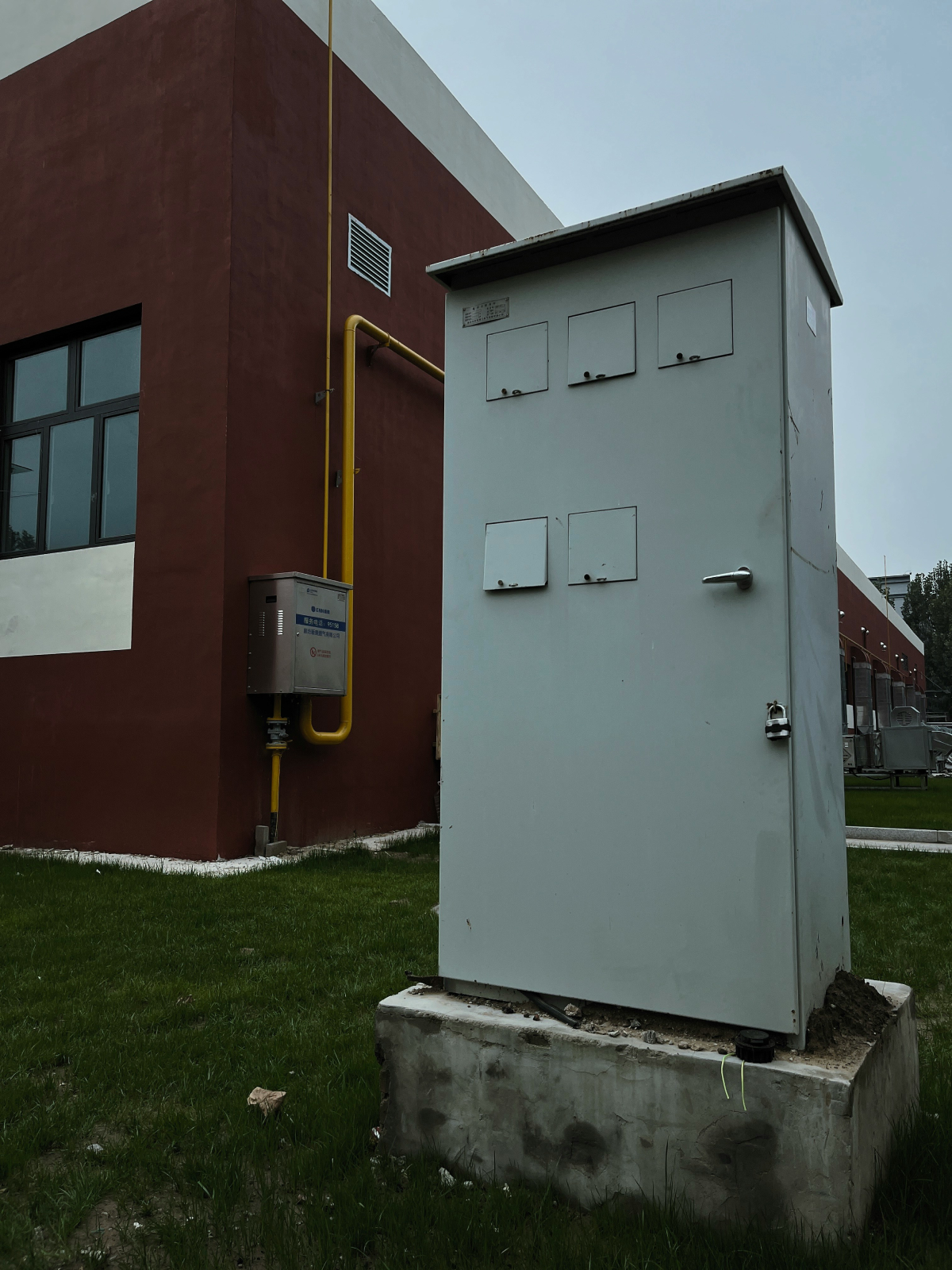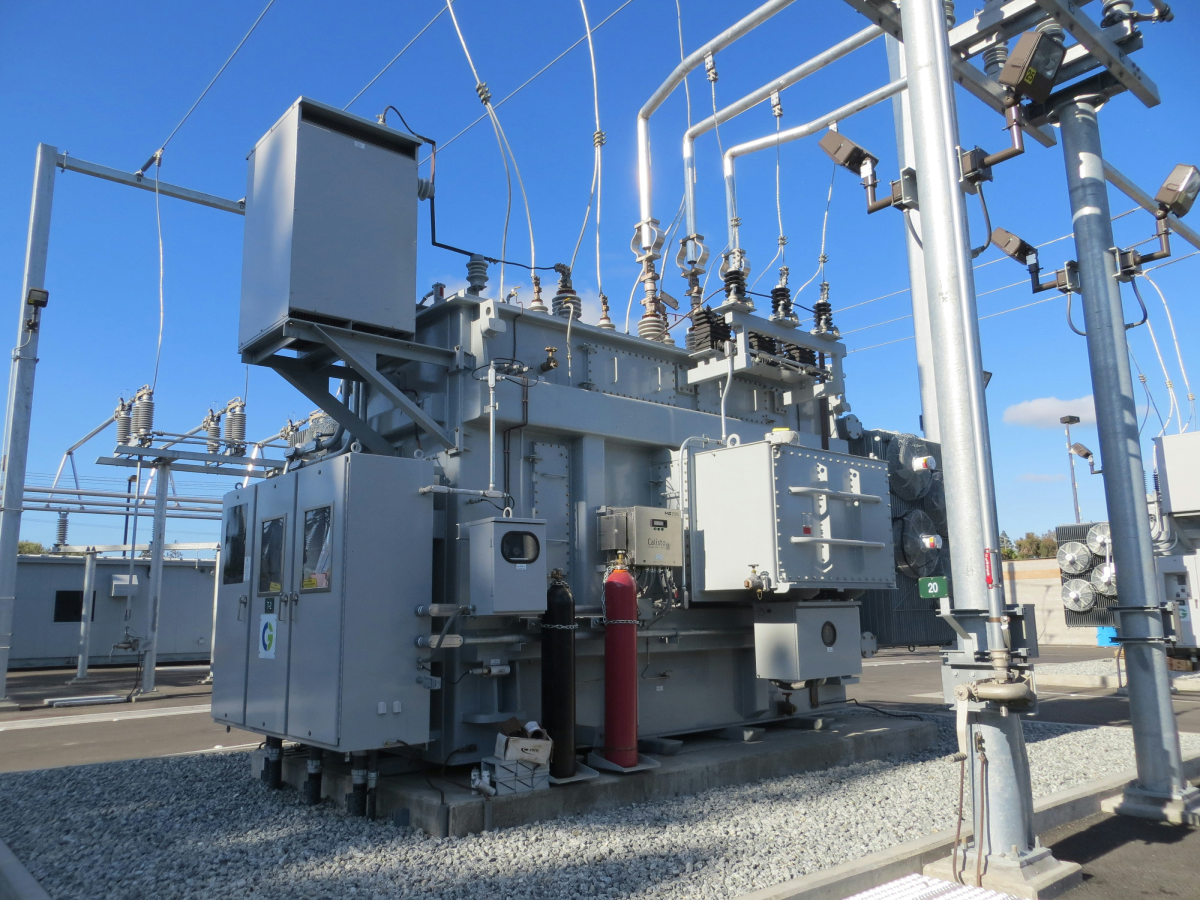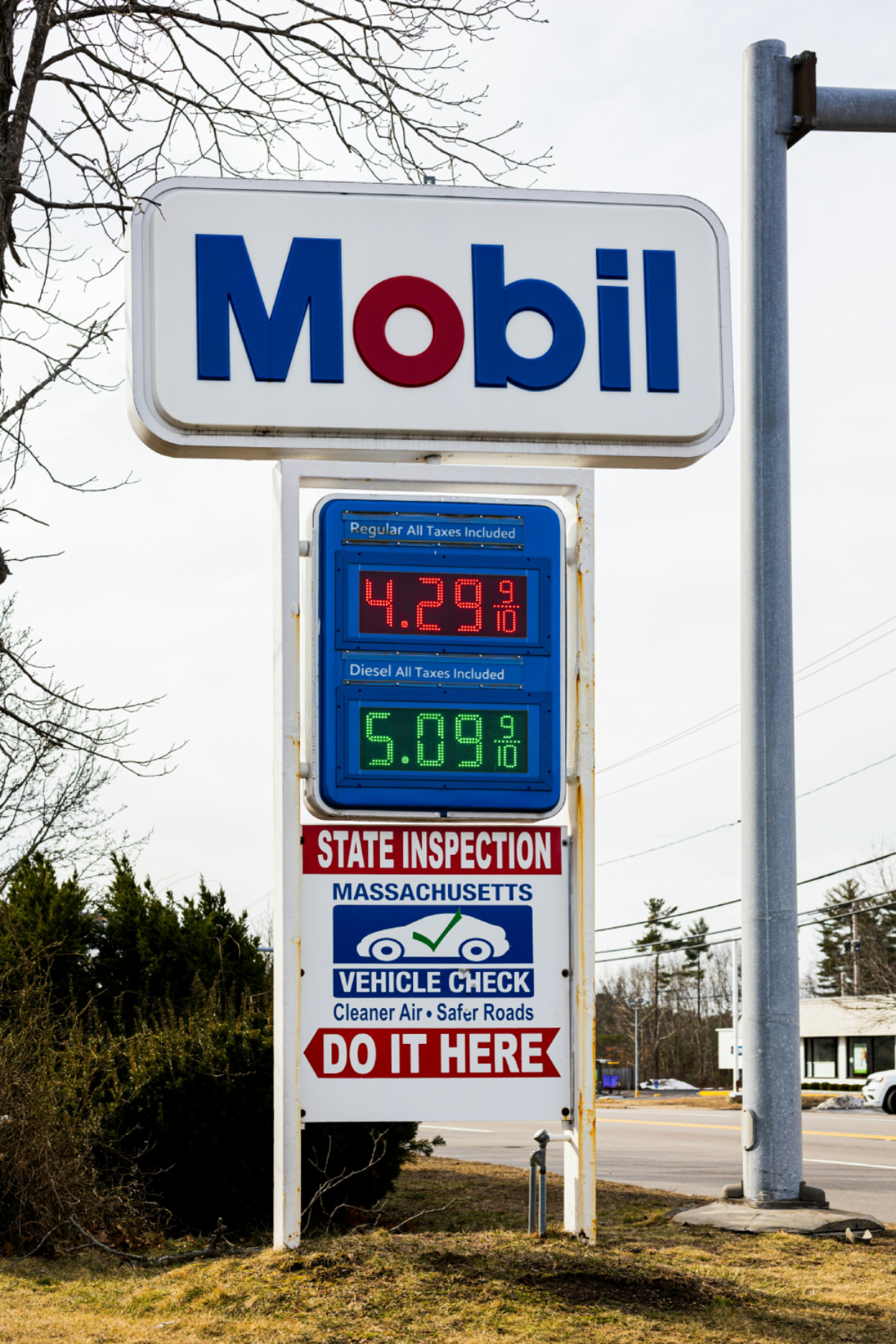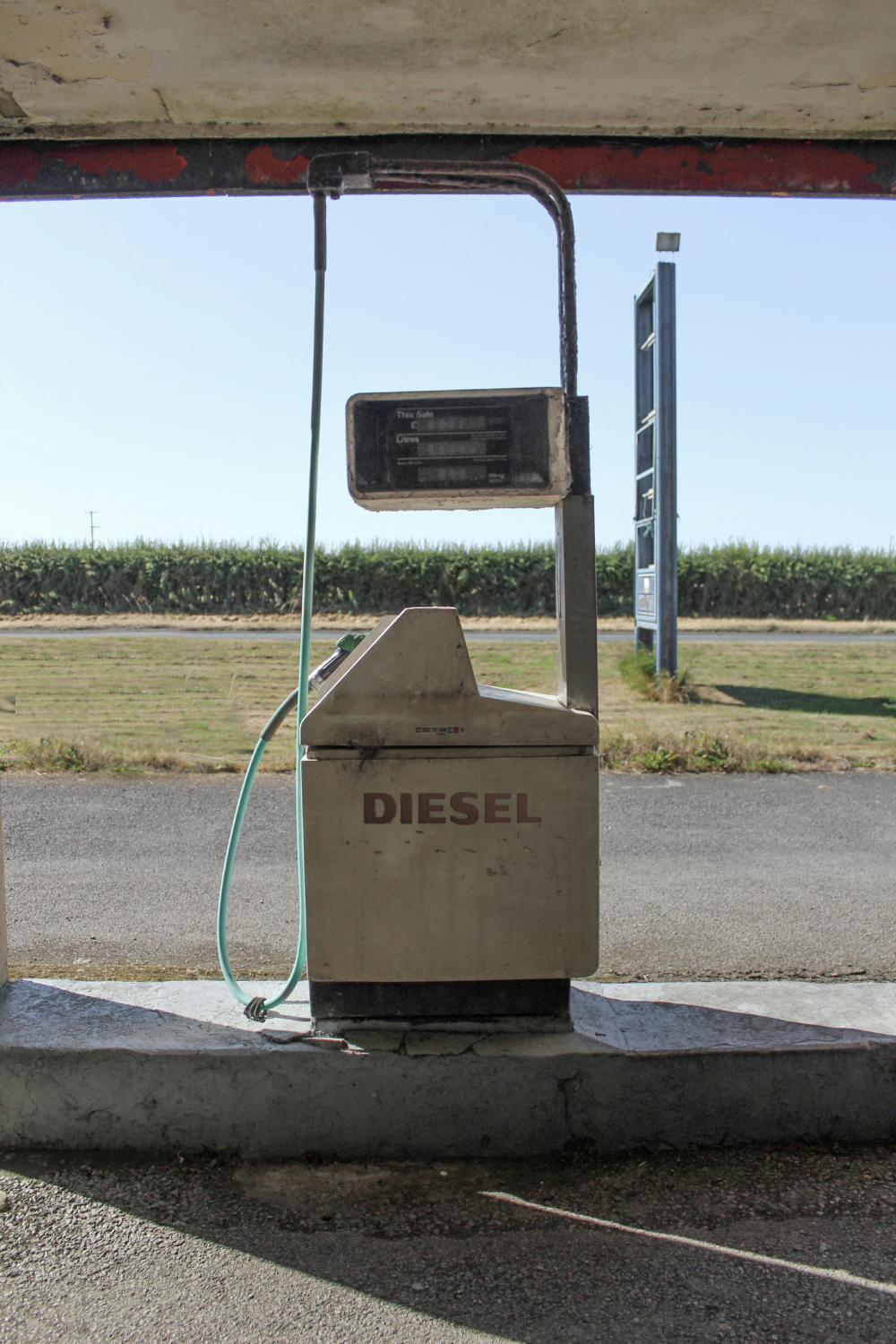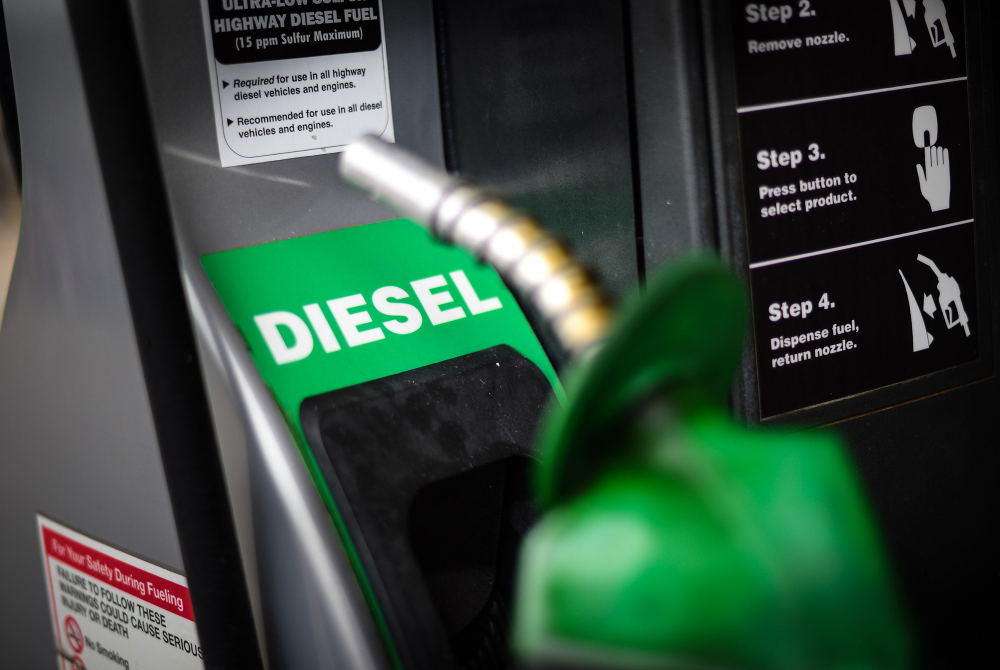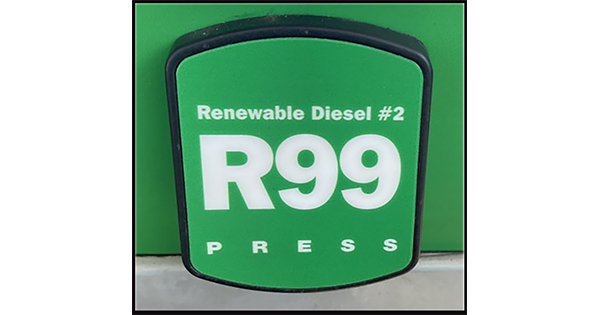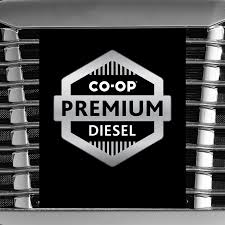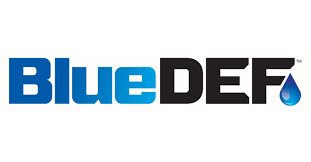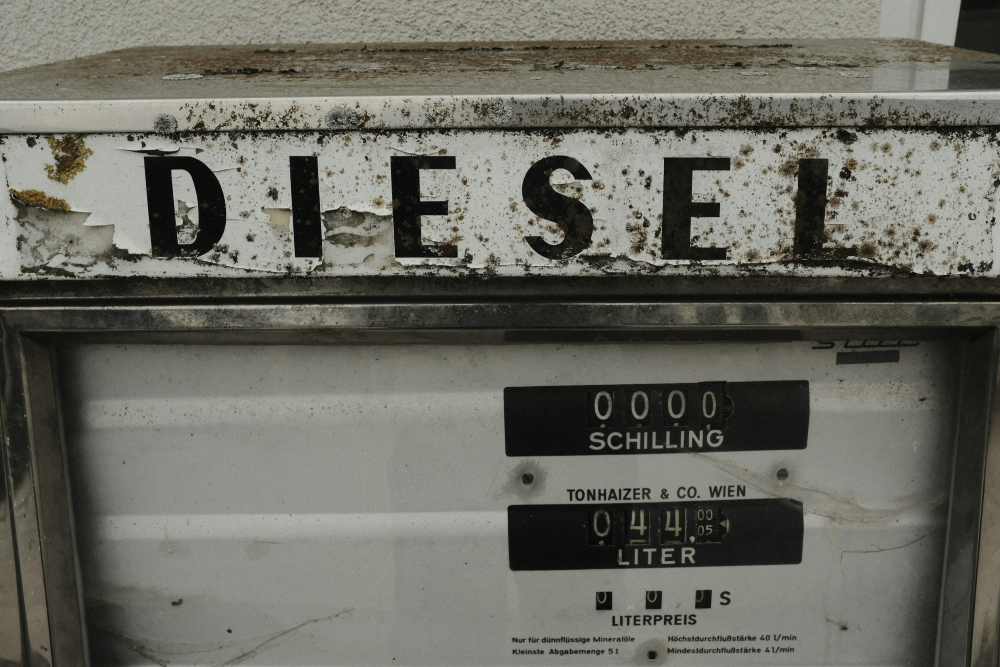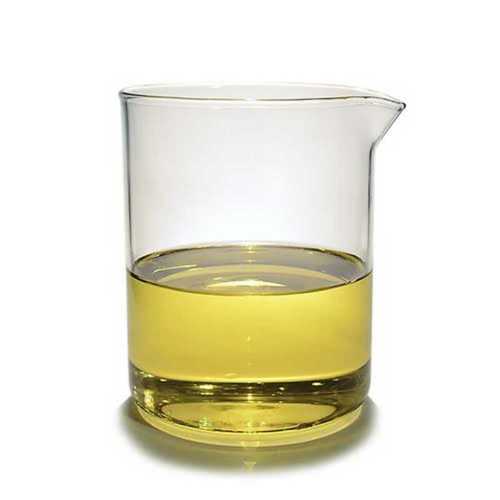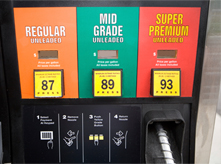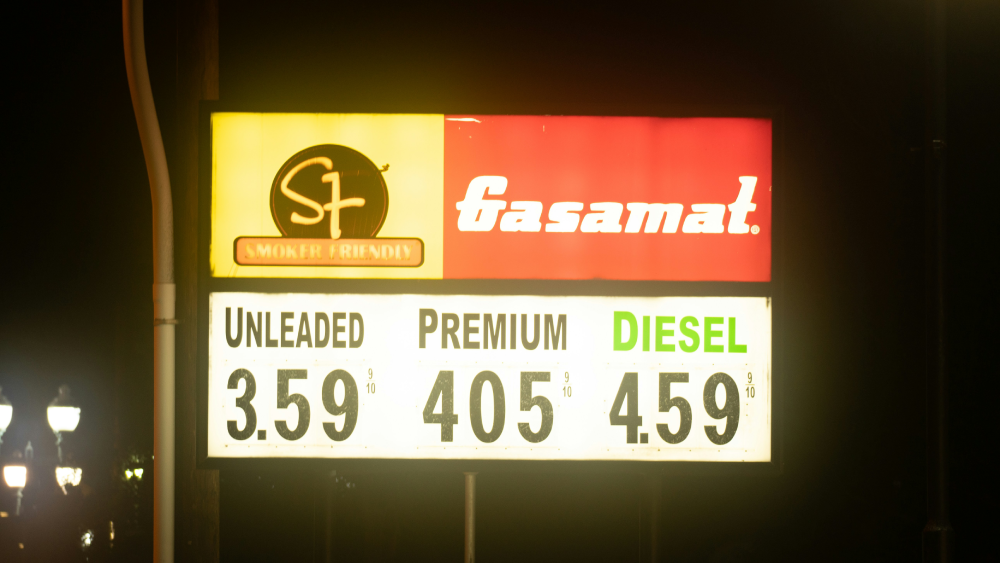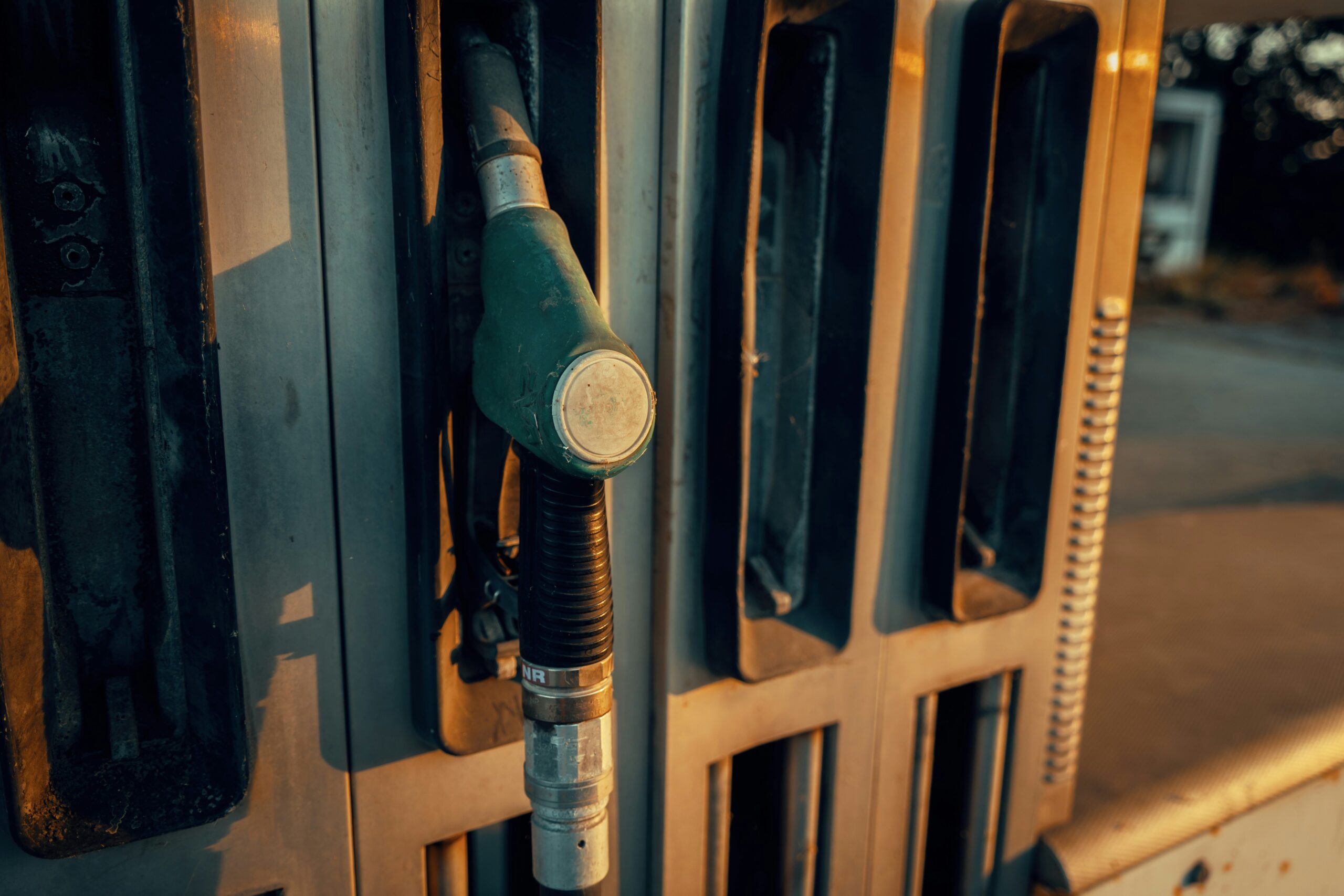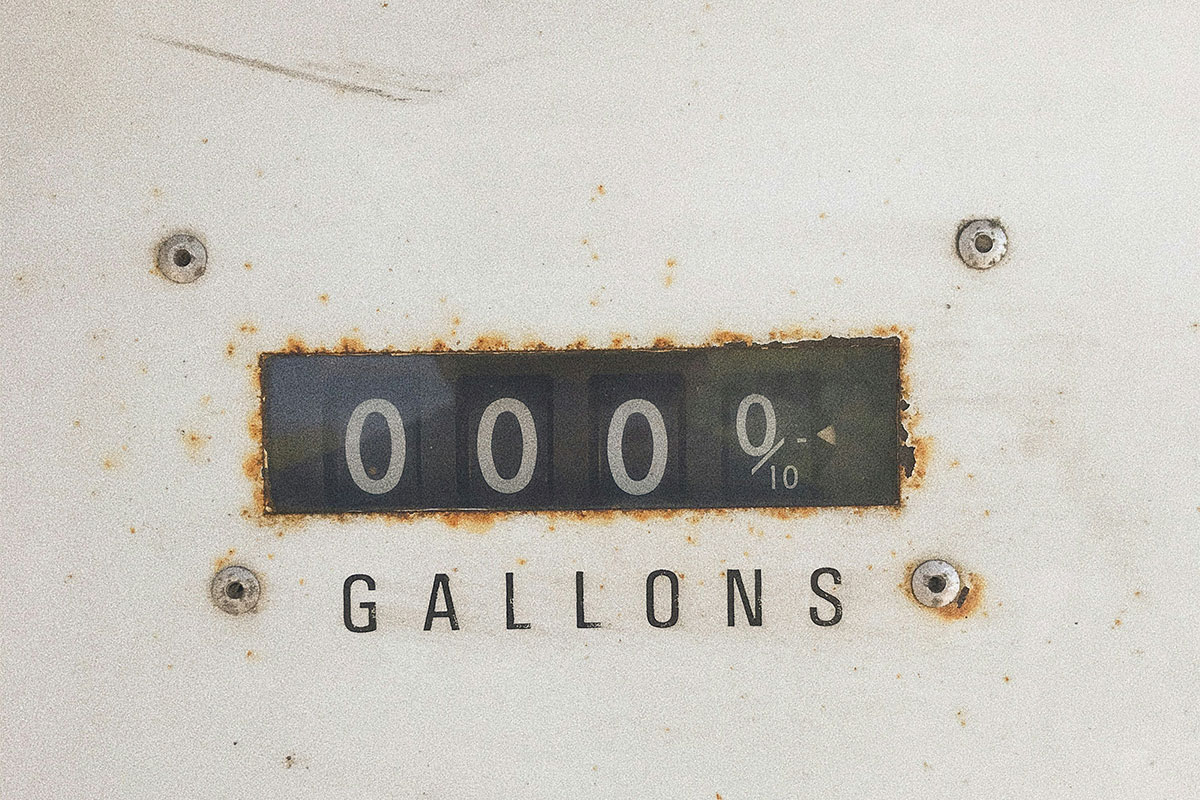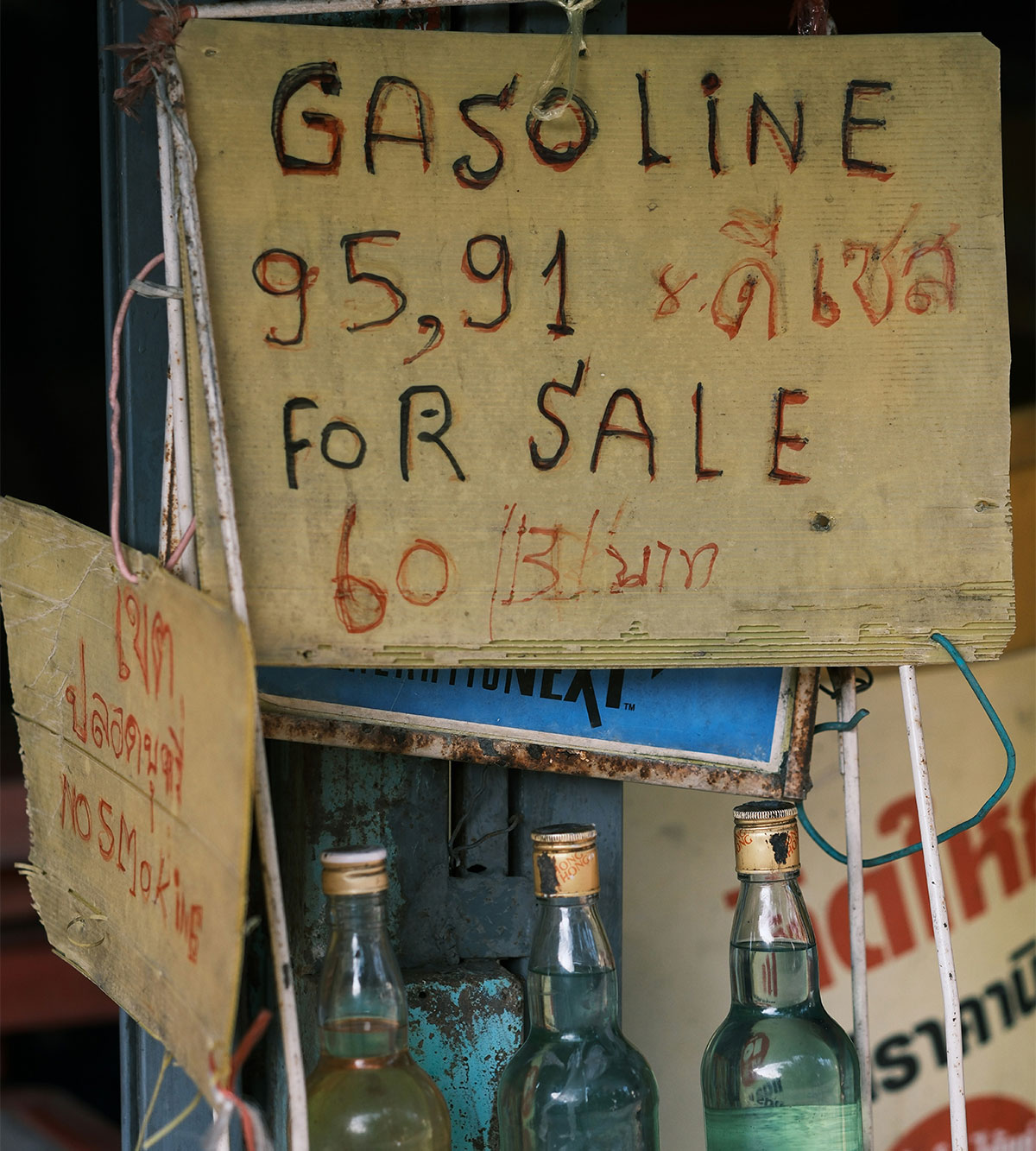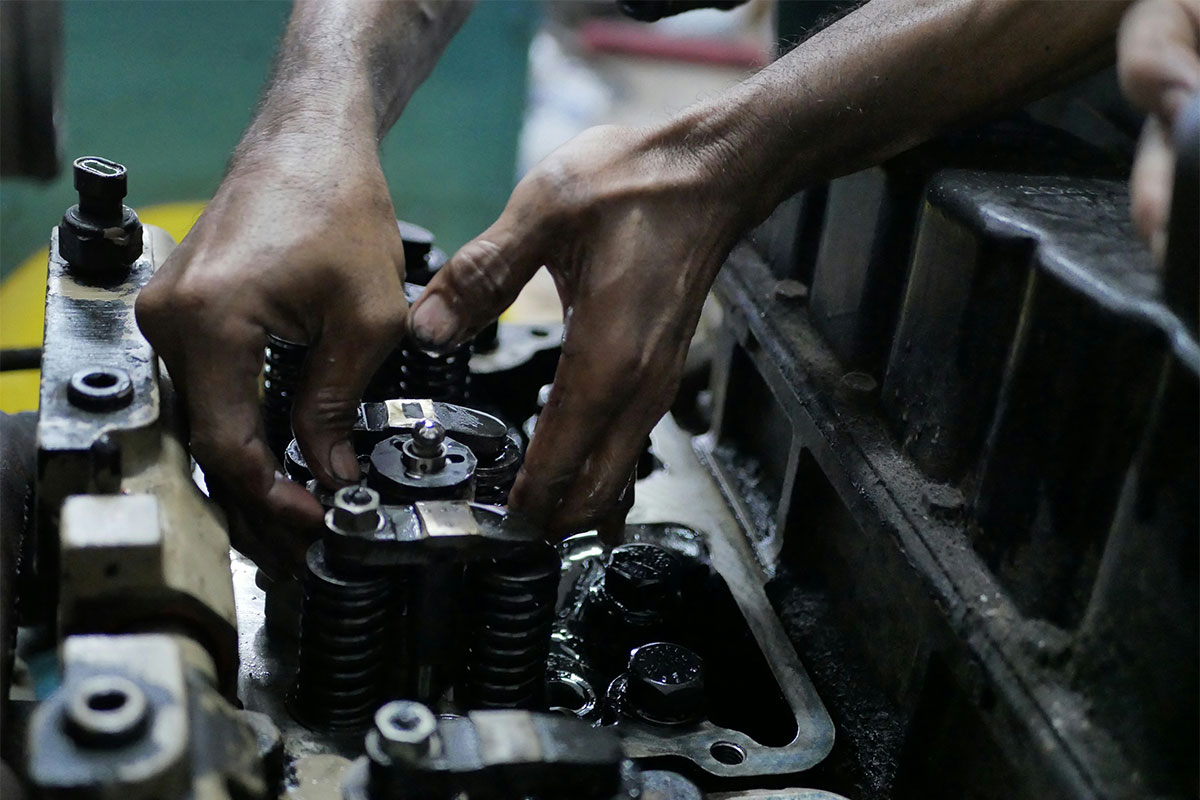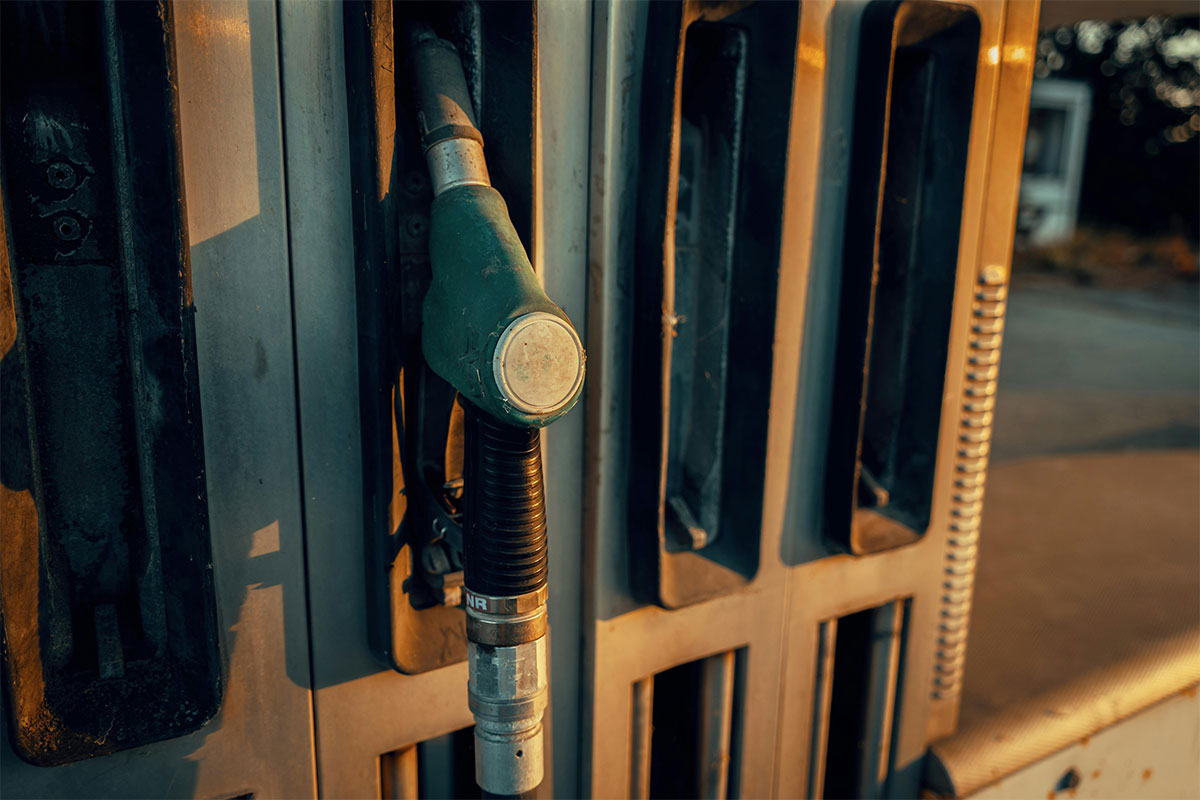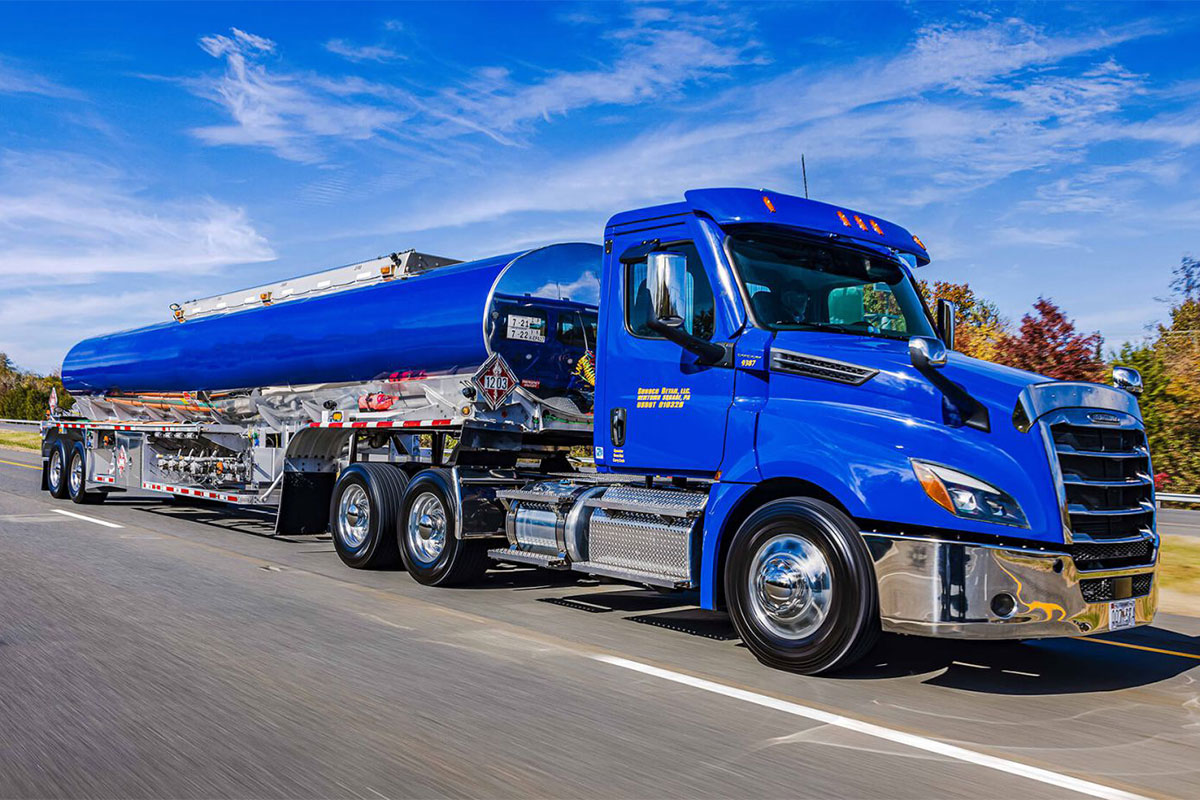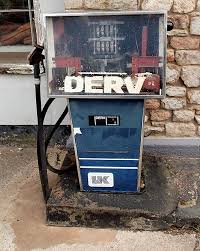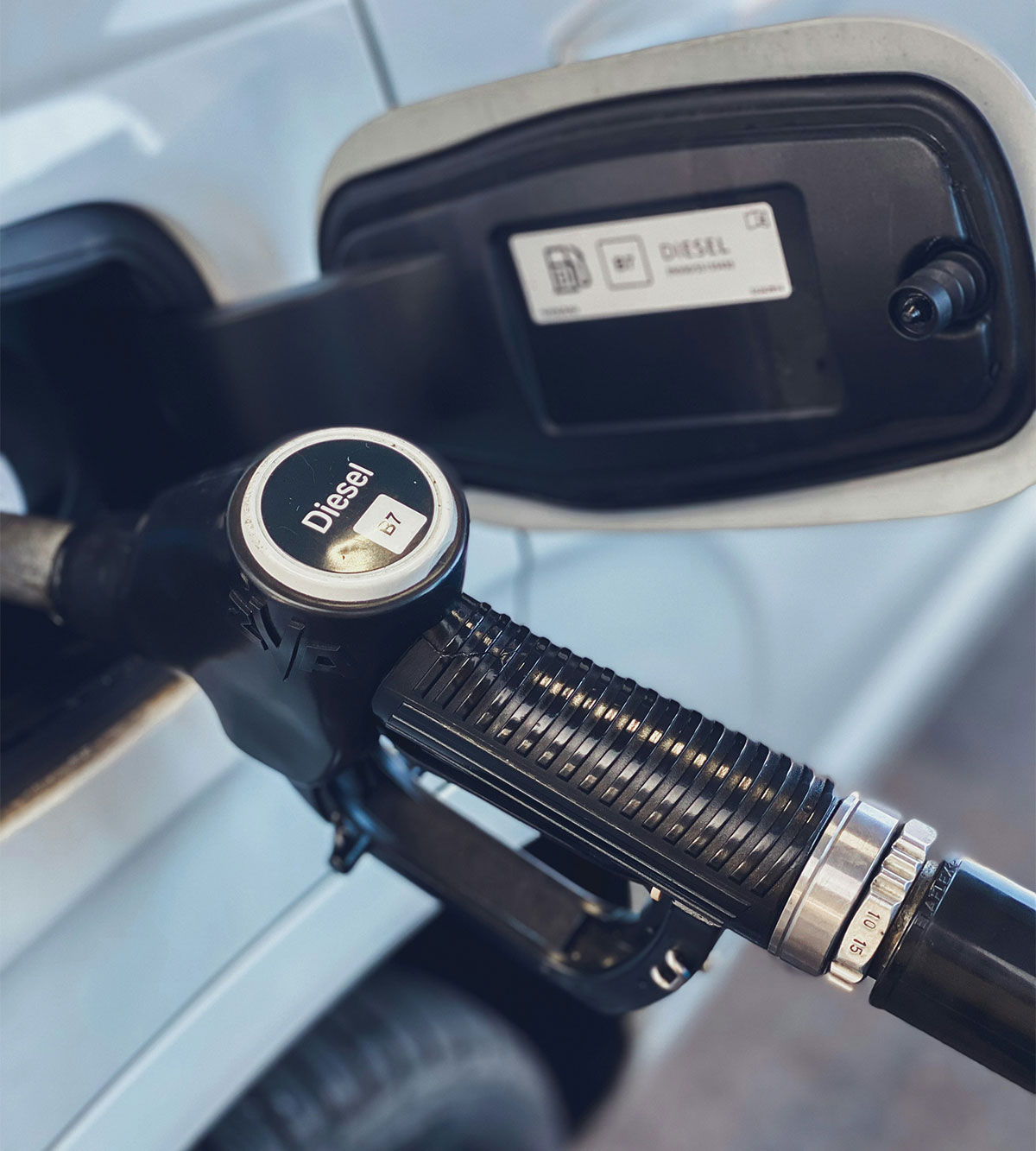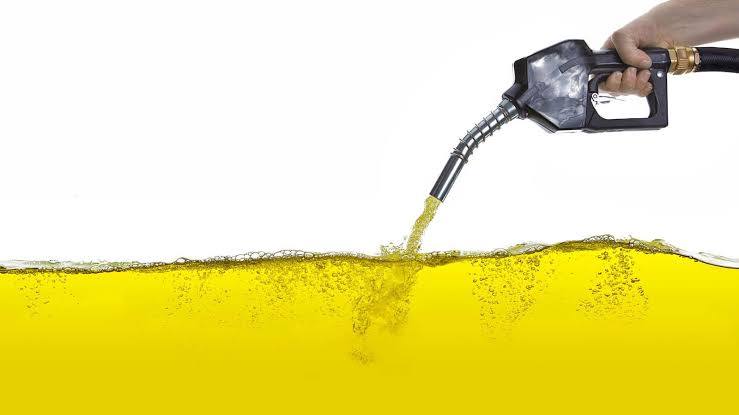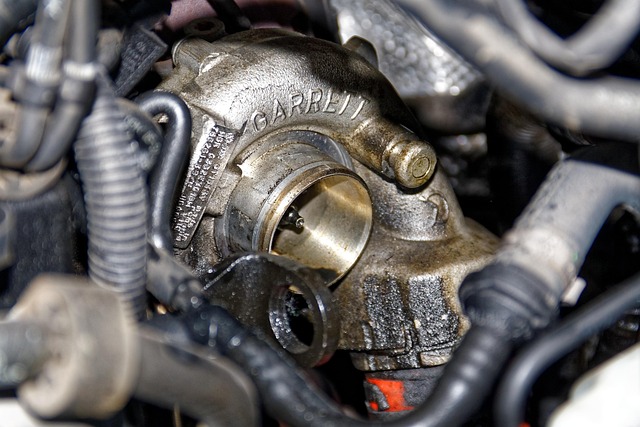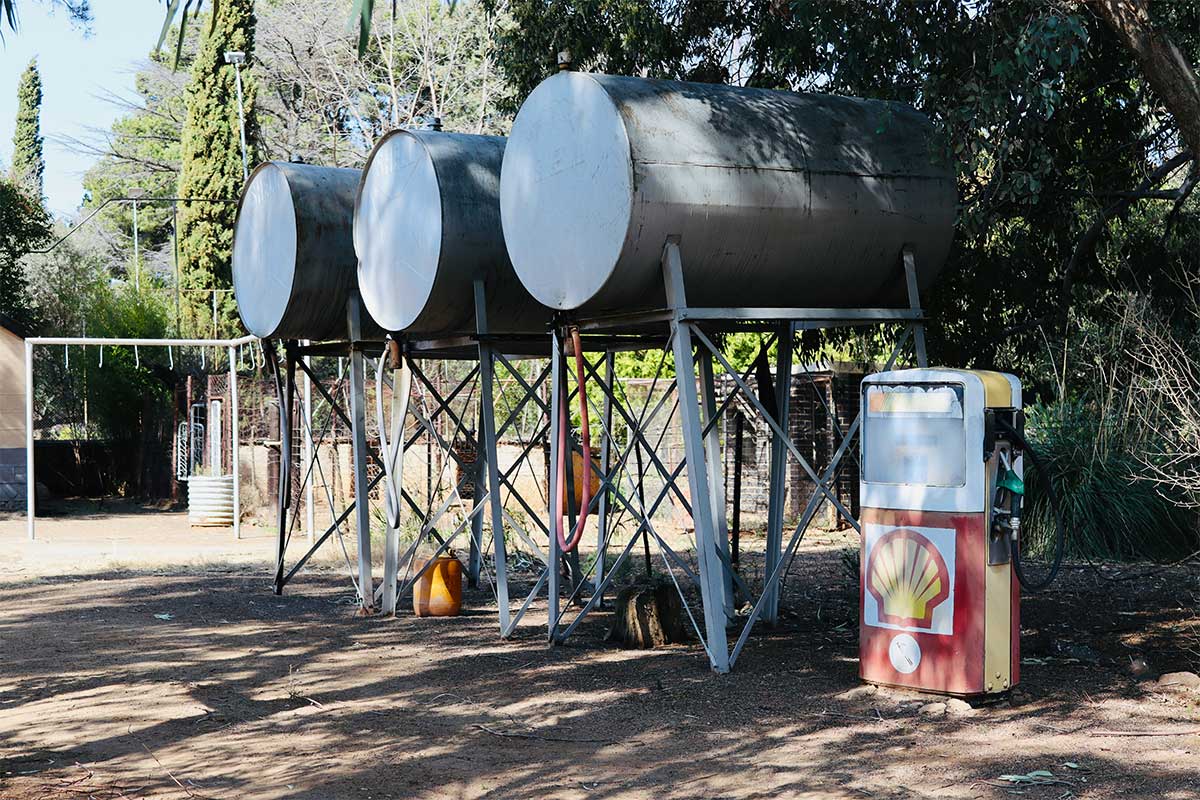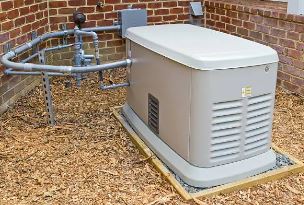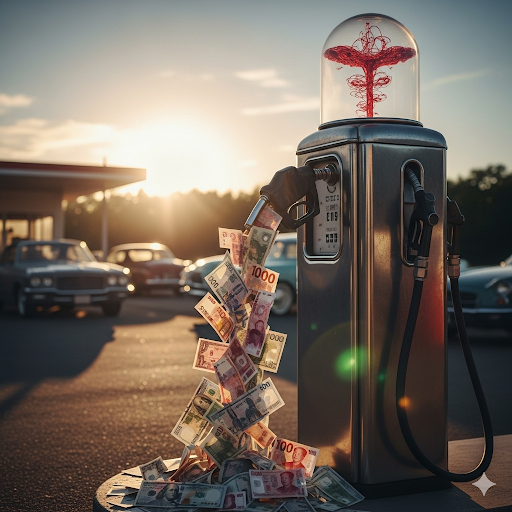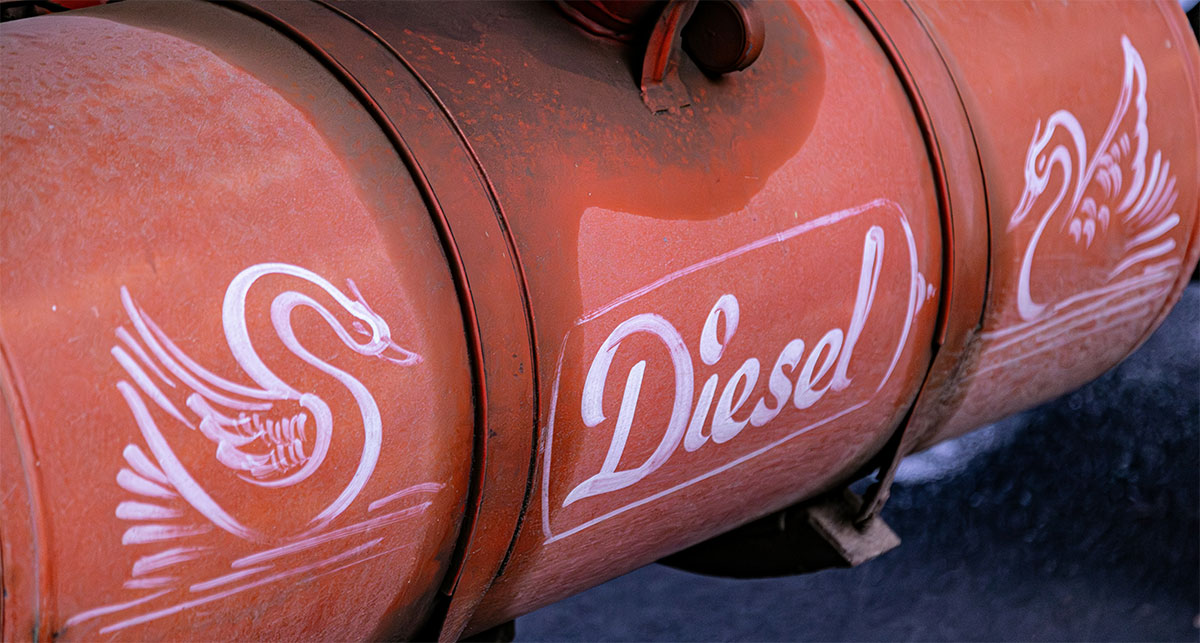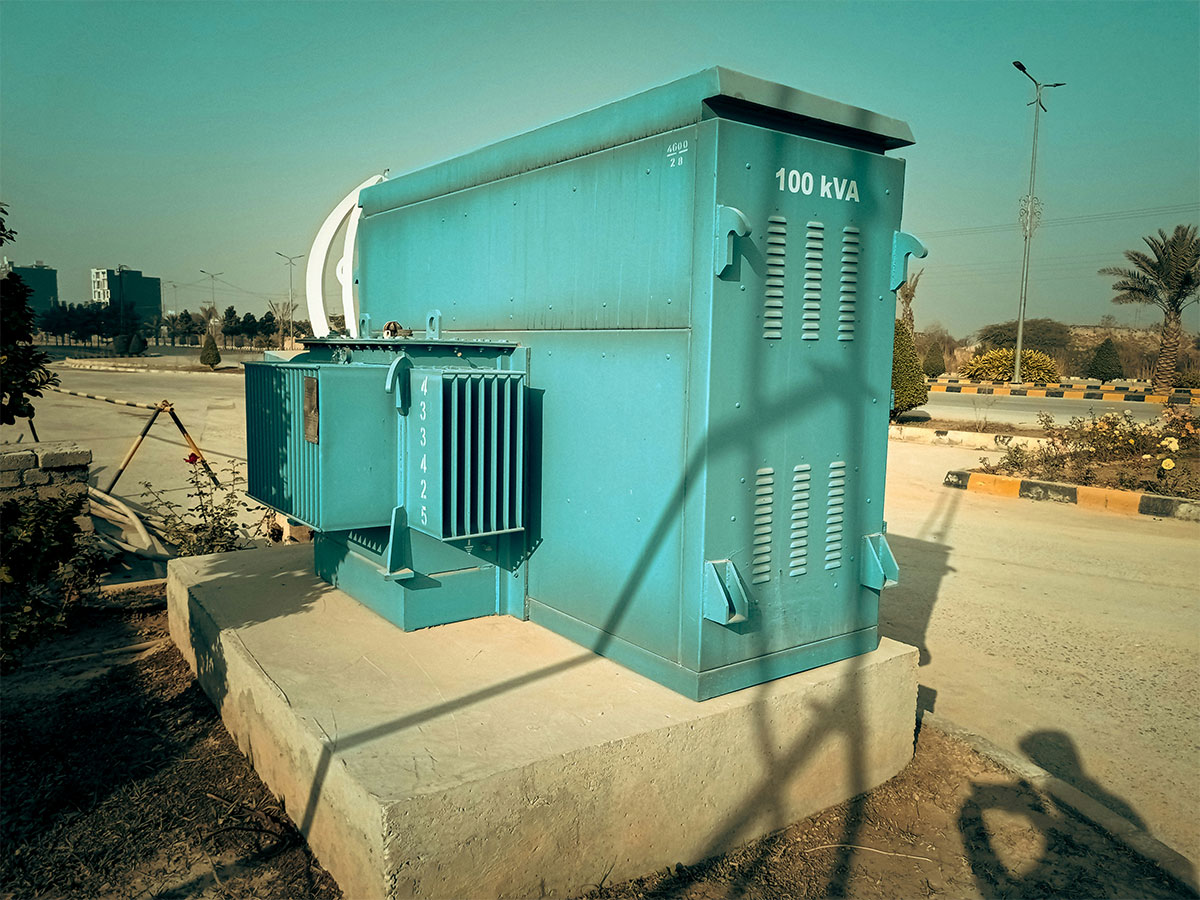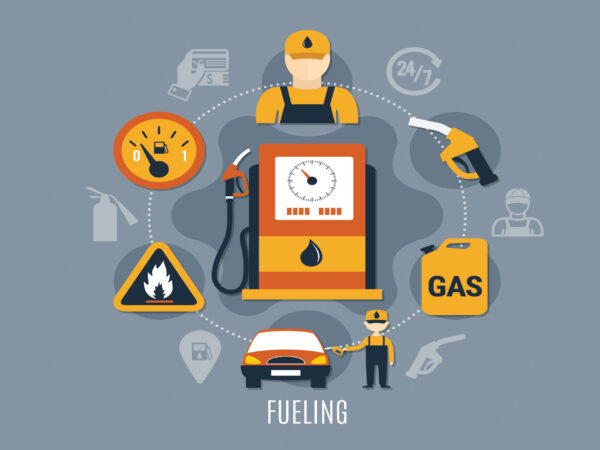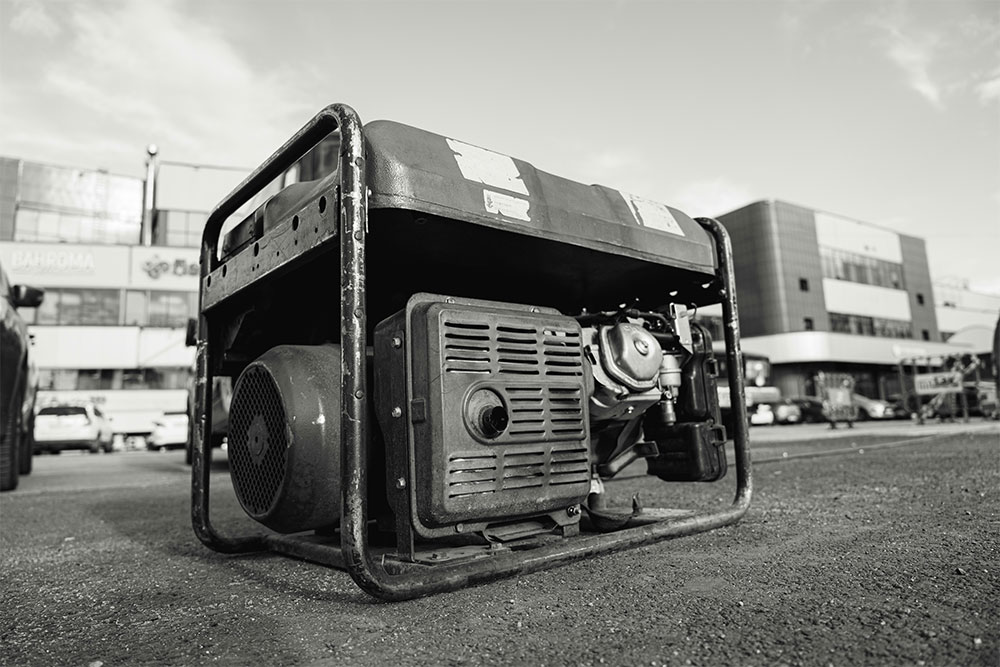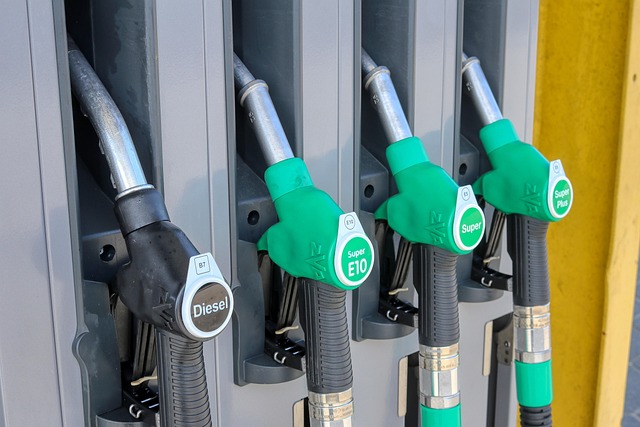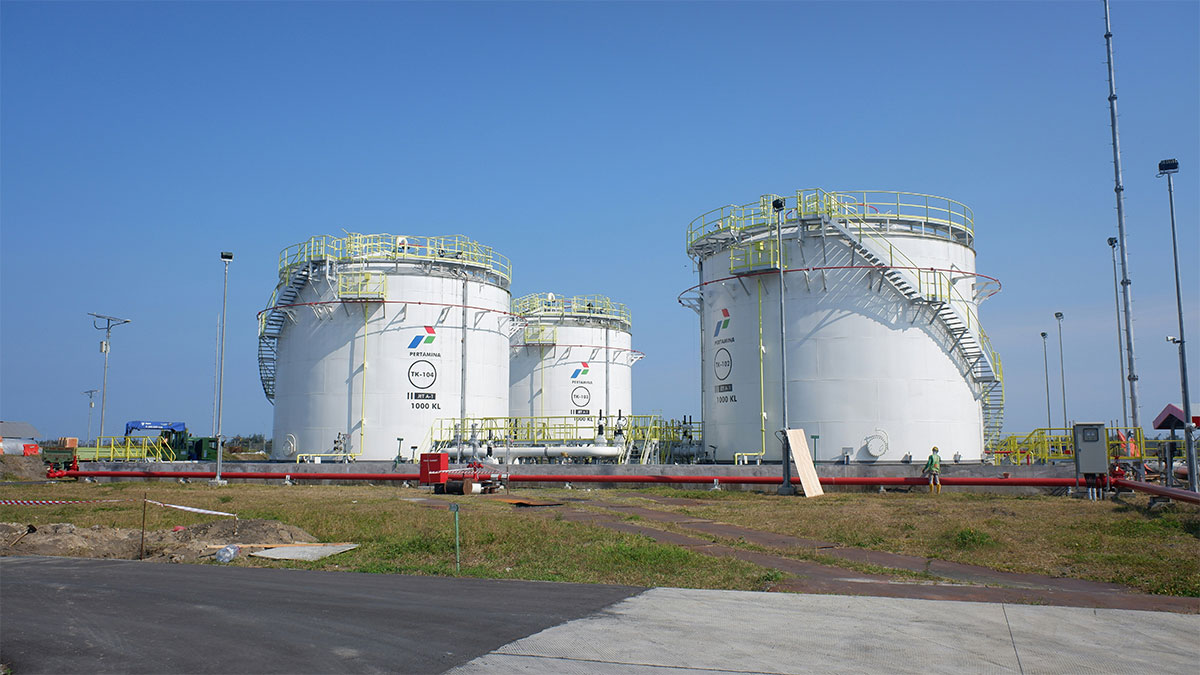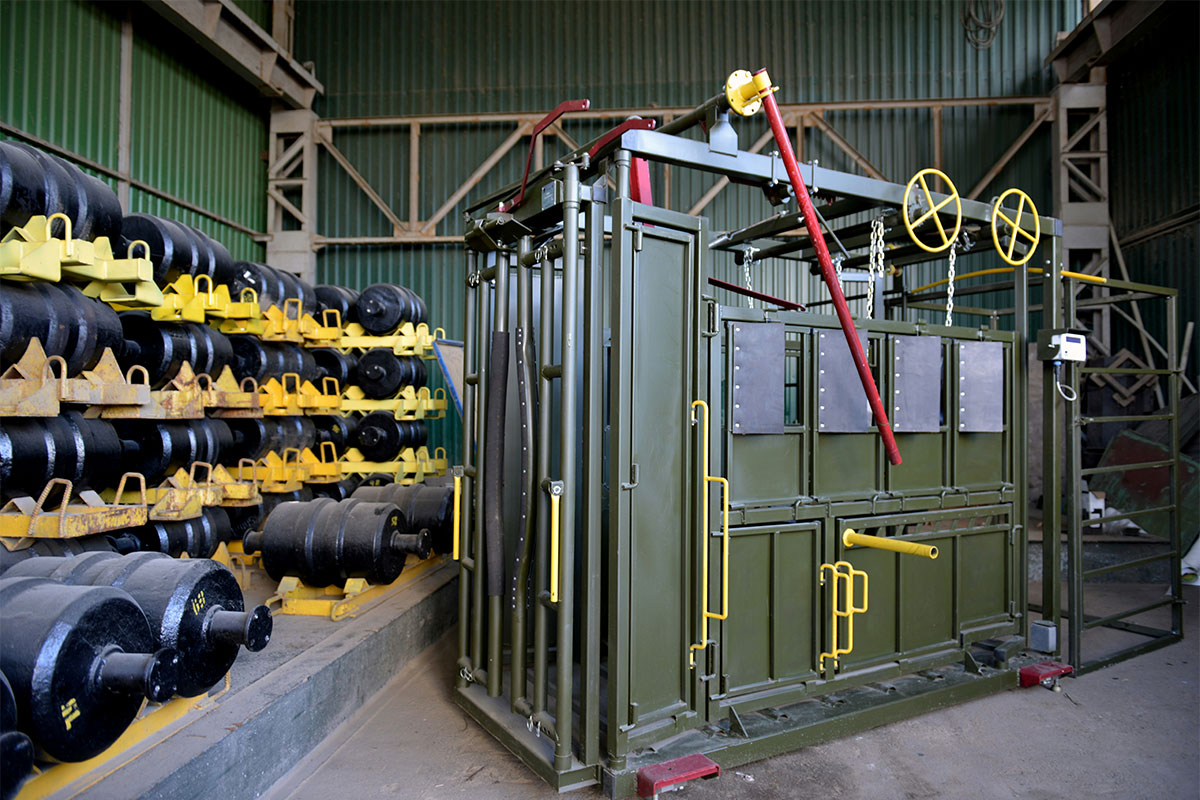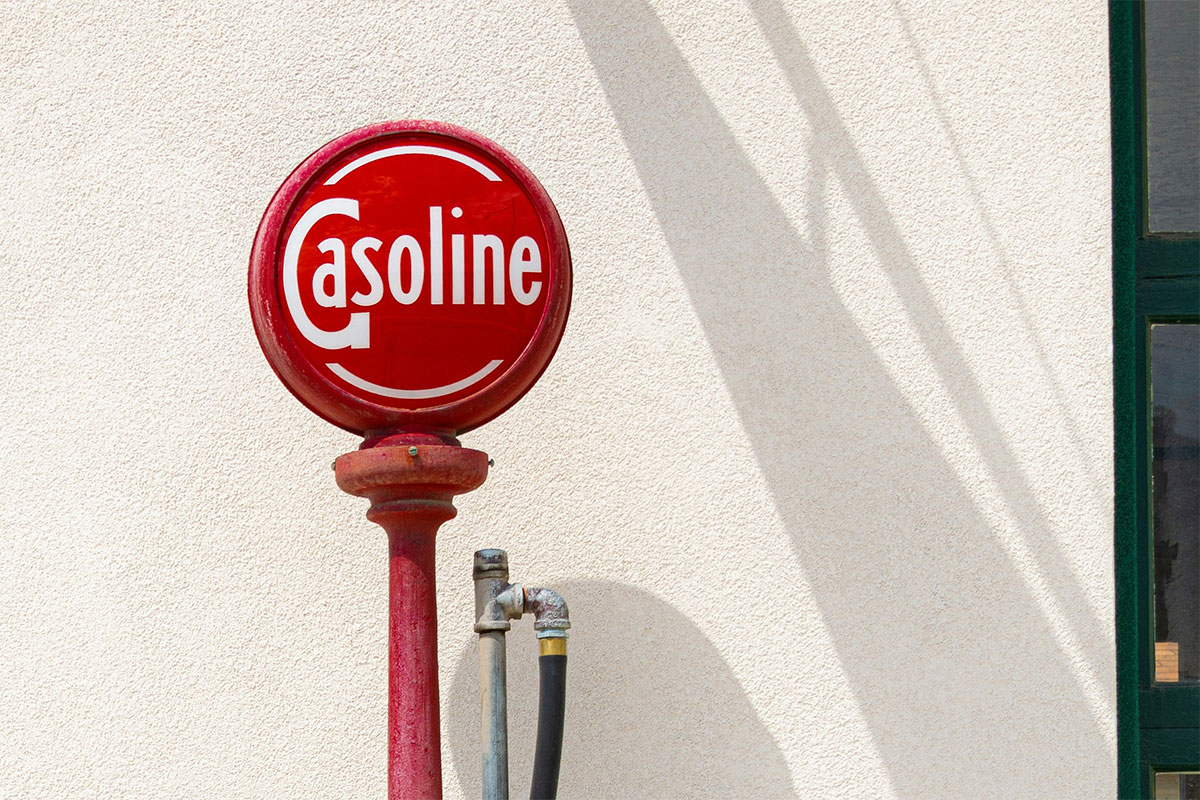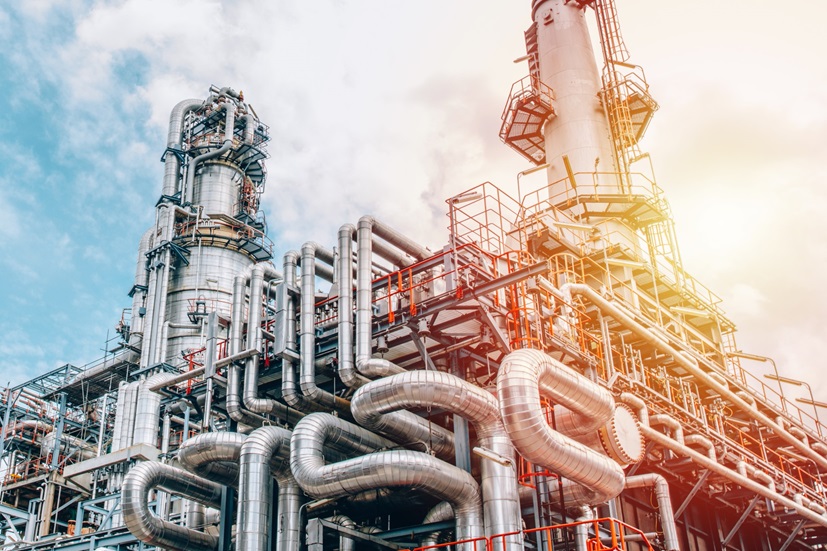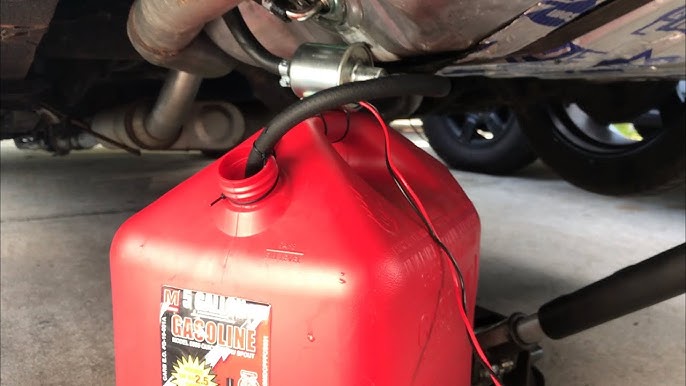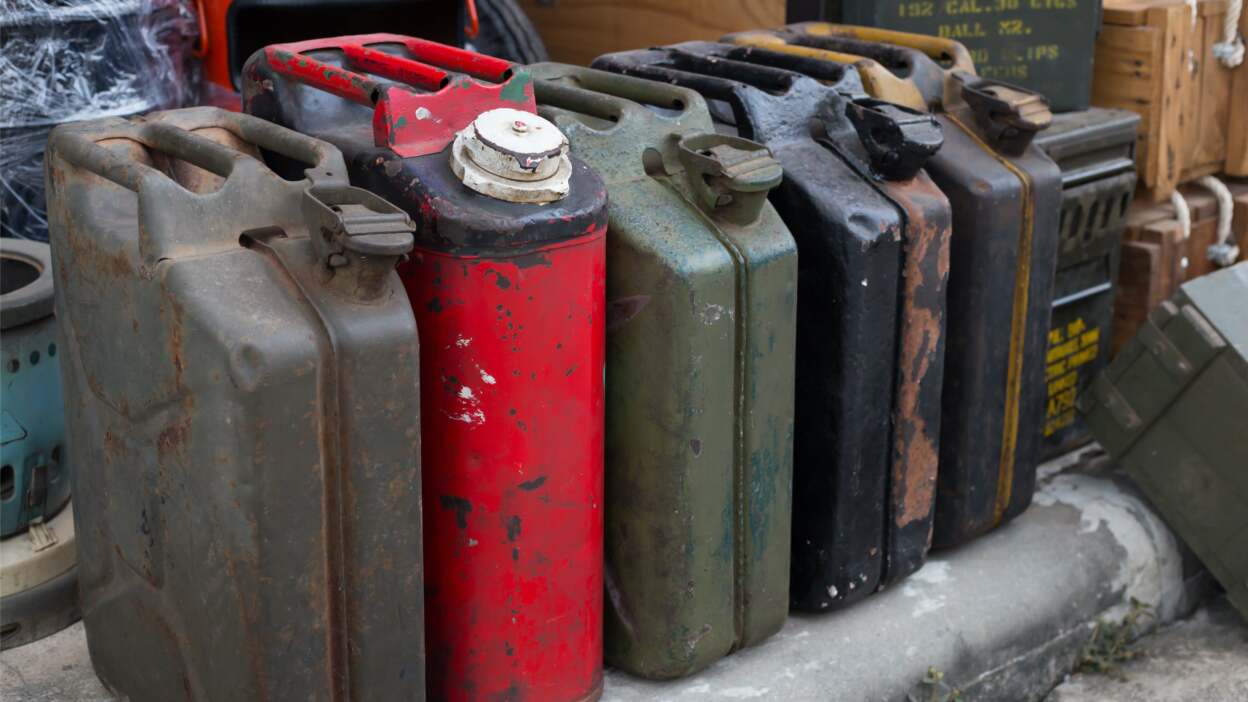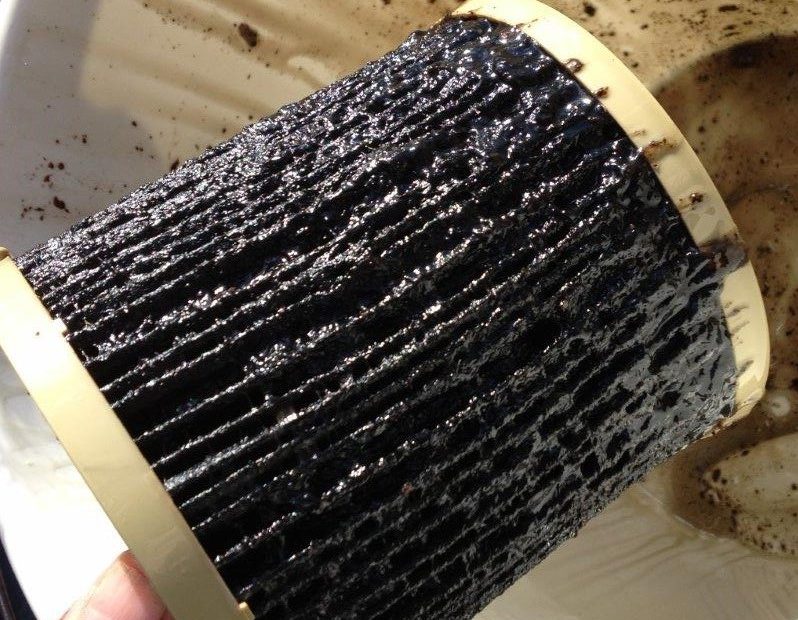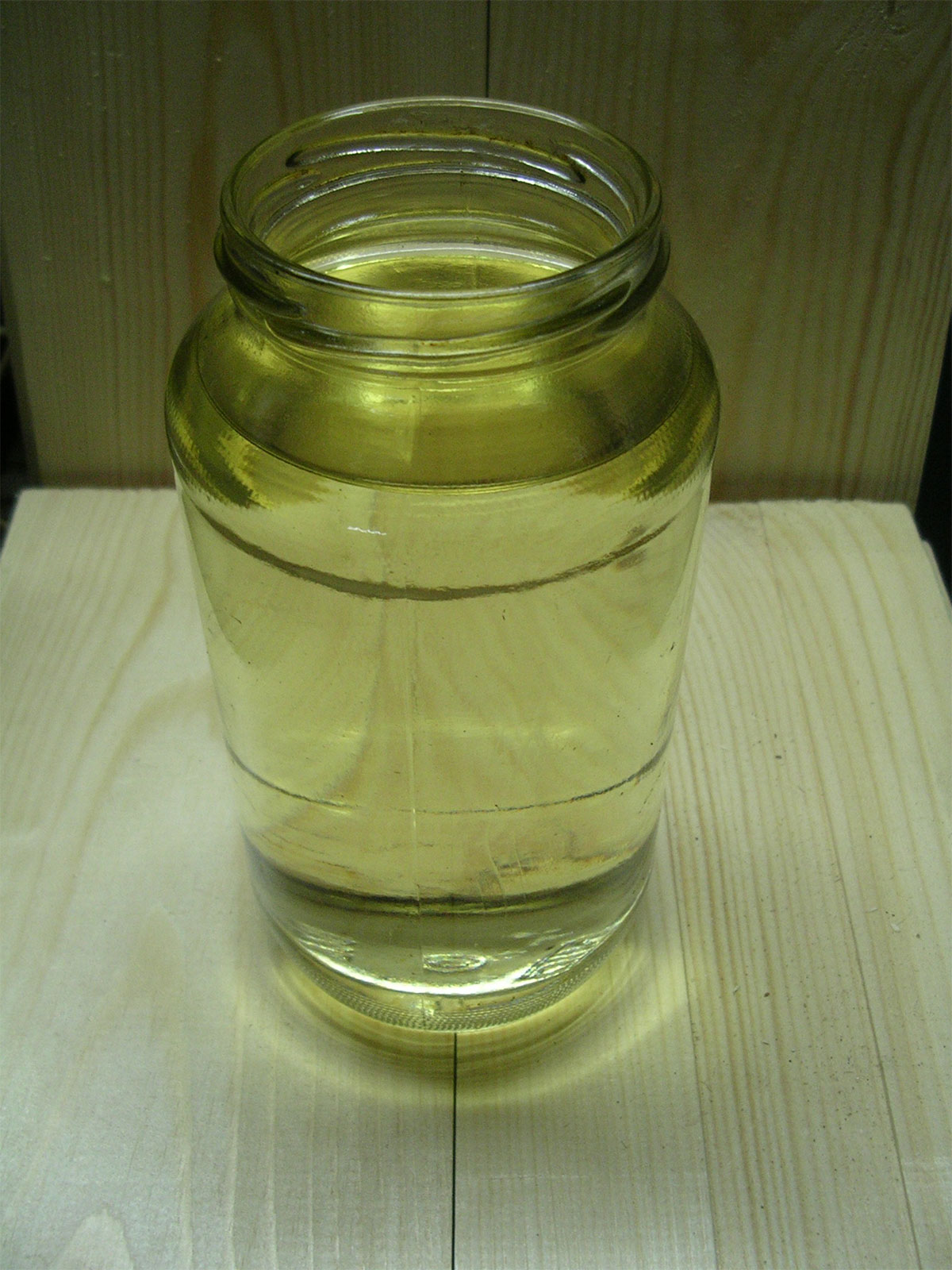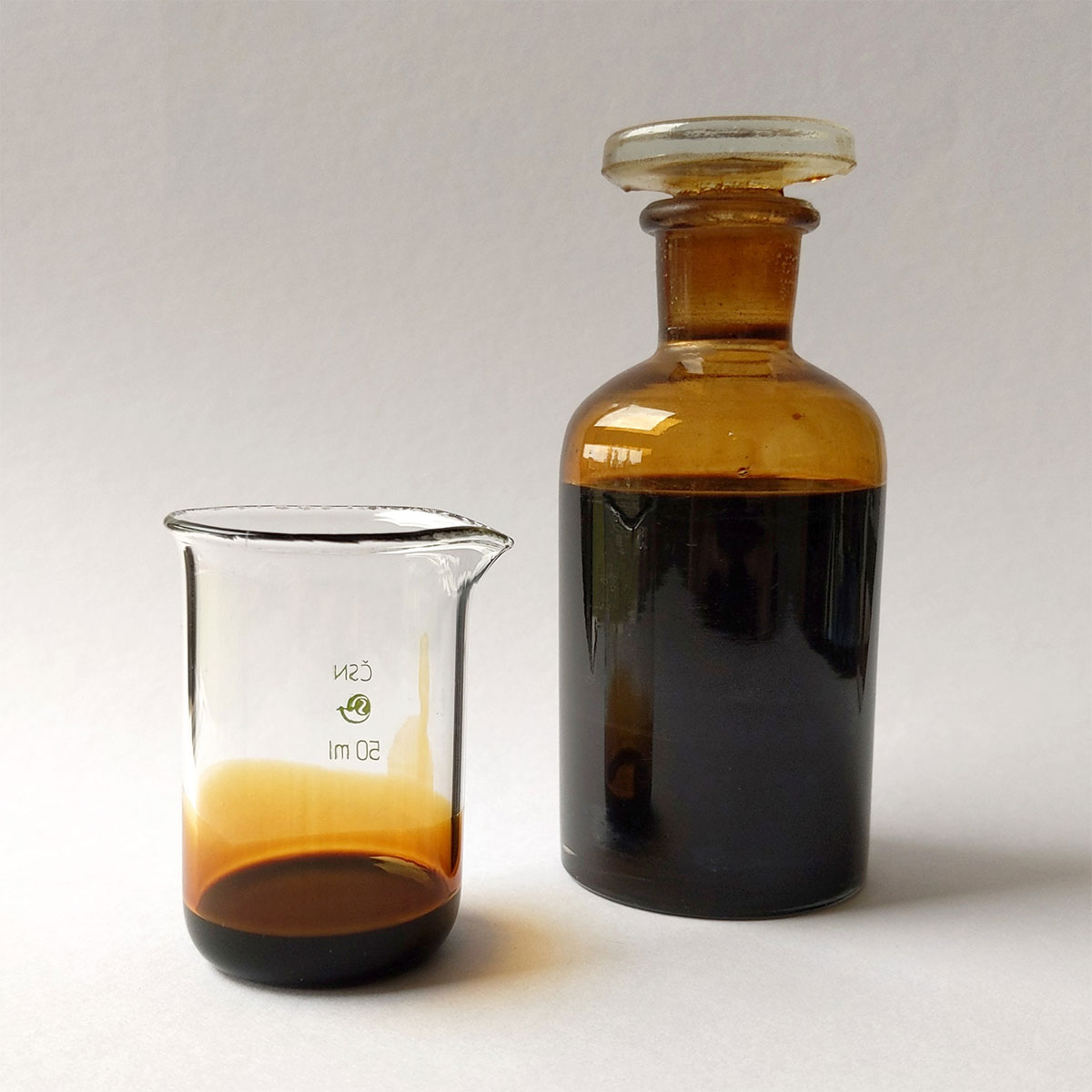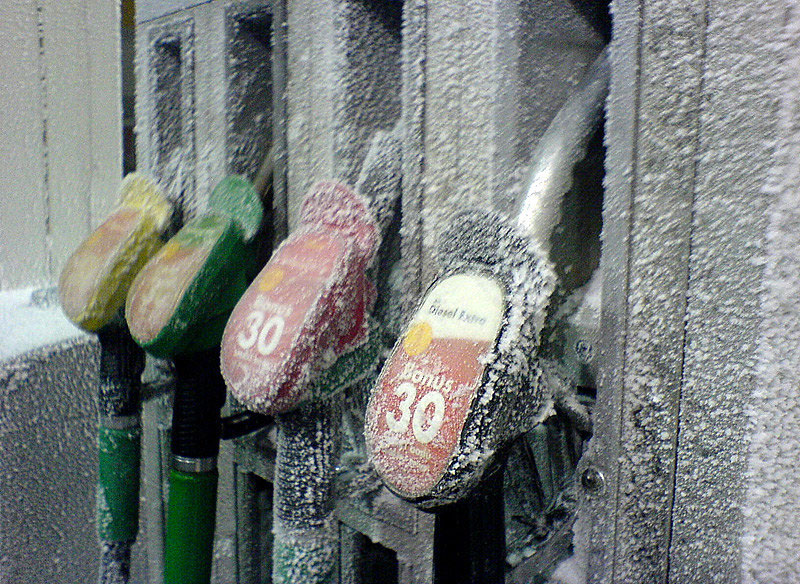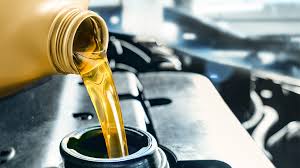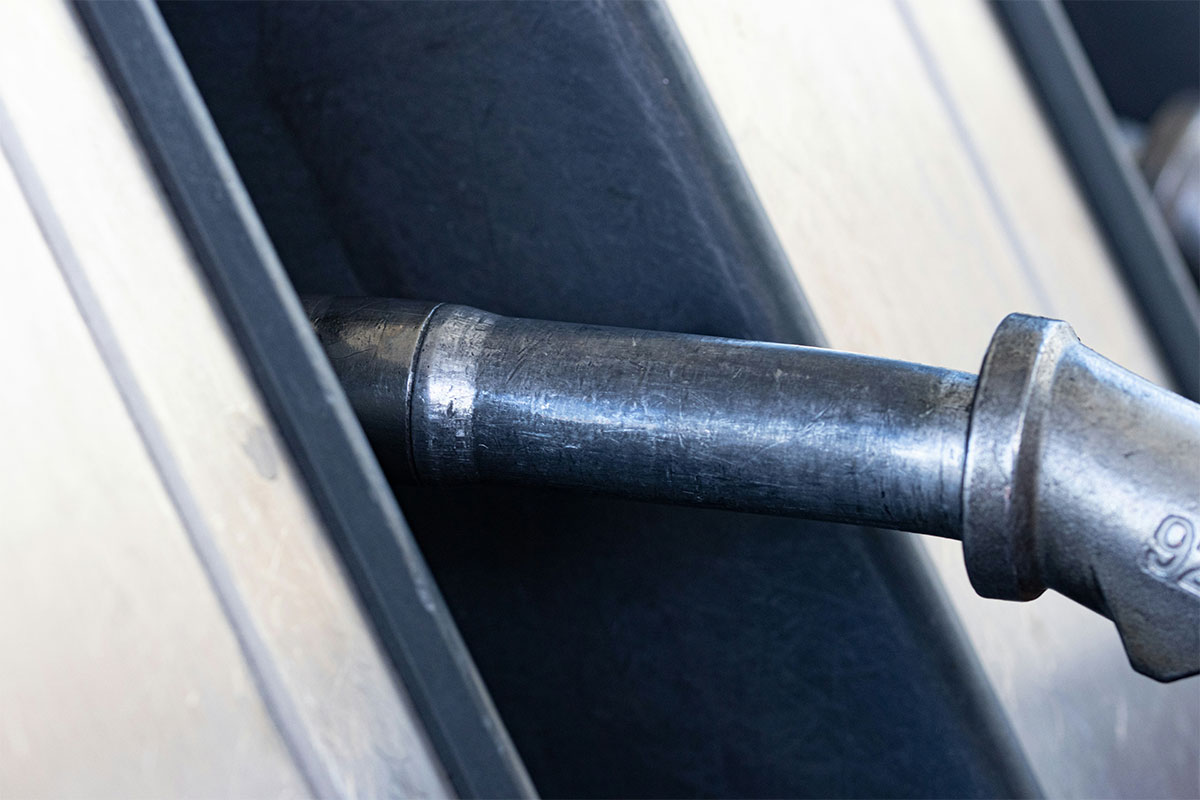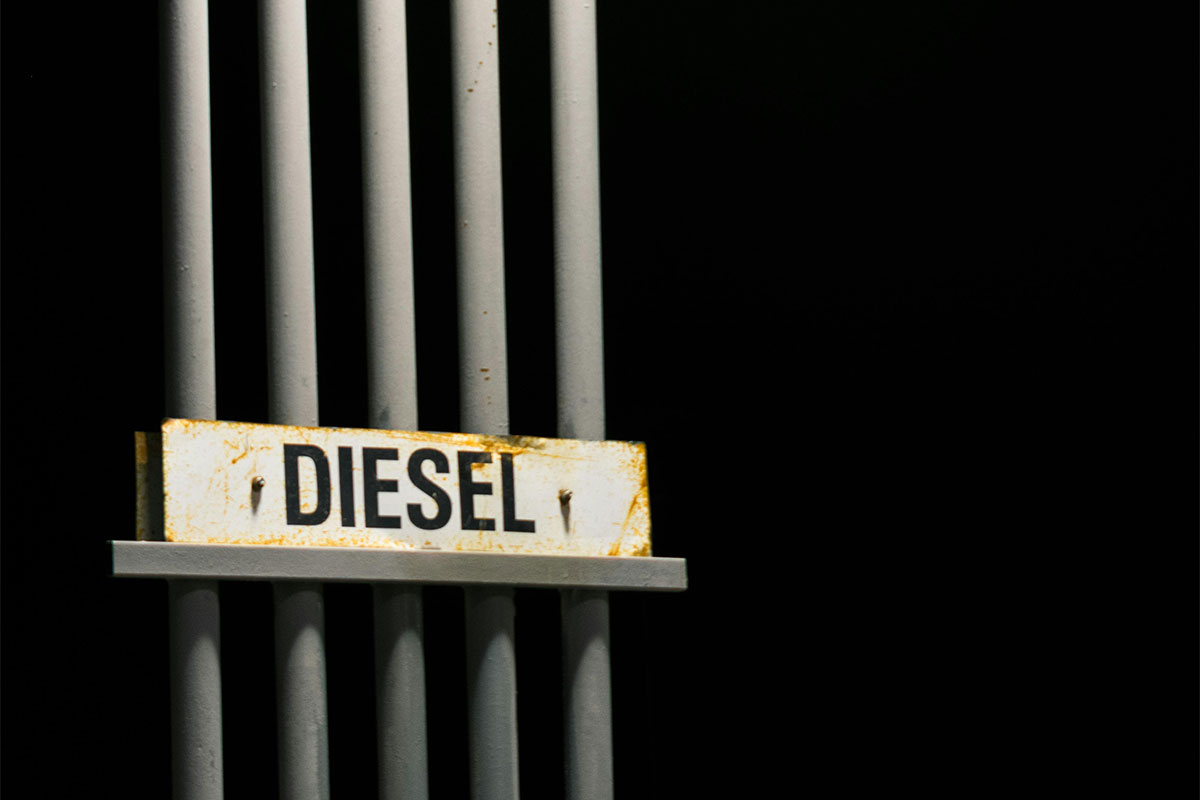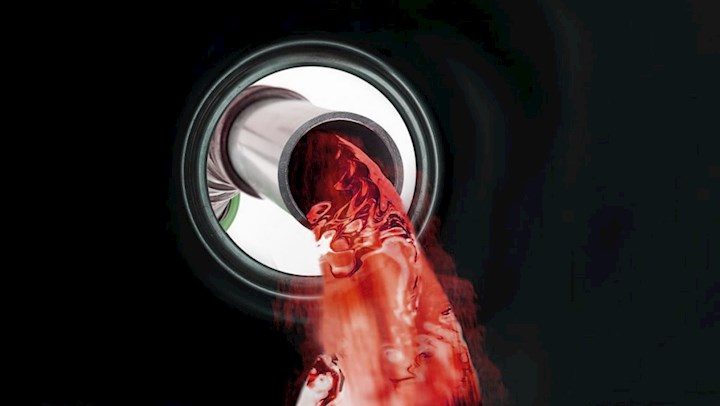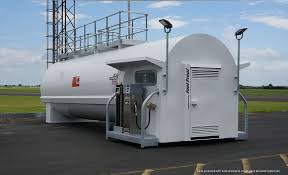Key Takeaways
- DEF reduces harmful nitrogen oxides (NOx) emissions from diesel engines.
- Used by many trucks, buses, and diesel pickups, but not all diesel engines require it.
- Made of 32.5% urea and 67.5% deionised water.
- Running out of diesel exhaust fluid can limit engine performance or stop your vehicle.
- Never substitute DEF with other liquids or mix it with diesel fuel.
- Proper storage and refilling are crucial to maintain DEF quality and vehicle compliance.
Table of Contents
What Is Diesel Exhaust Fluid?
Diesel Exhaust Fluid is a transparent non-toxic liquid which is mainly made up of de-ionised water and highly pure urea. It is used to reduce harmful nitrogen oxide emissions through injection into the exhaust streams of diesel engines that have Selective Catalytic Reduction systems. Diesel Exhaust Fluid is used to reduce emissions by diesel engines, making them more environmentally safe.
Stricter emission standards such as the EPA Tier 4 and the Euro 6 require modern diesel trucks and vehicles to adopt DEF fluid exhaust after treatment systems in order to operate legally on roads. This makes diesel exhaust fluid very important in modern diesel engine operations.
What Does Diesel Exhaust Fluid Do?
When Diesel Exhaust Fluid comes in contact with Nitrogen dioxide, it reacts and produces nitrogen and water vapour. This is its function. It is used to reduce the emission of nitrogen oxides from diesel engines. Nitrogen oxides cause smog and respiratory problems, they are toxic.
The process where DEF reacts with nitrogen dioxide, breaking it down into water vapour and nitrogen to help vehicles reach the strict regulations is called Selective Catalytic Reduction DEF fluid permits its users to reduce their environmental footprint and to be in line with regulations
What Vehicles Use Diesel Exhaust Fluid?
As part of their emission control mechanisms, larger diesel vehicles, such as trucks, buses, and semis, use diesel exhaust fluid. Not every diesel car needs DEF; however, since about 2010, almost all new diesel cars come equipped with the ability to take DEF. Some older diesel engines of both heavy-duty and passenger vehicles don’t have selective catalytic reduction systems, and so they don’t use diesel exhaust fluid. To know if your vehicle uses DEF, always check the manufacturer’s manual.
Unsure If Your Vehicle Needs Diesel Exhaust Fluid?
Not all diesel engines require DEF—but for many, it’s the law. Our quick guide helps you determine if your vehicle uses DEF, how to check, and what to do if you’re running low.
What Is DEF Made Of?
The composition of Diesel Exhaust Fluid is precise, it is made up of highly pure urea at 32.5% and de-ionised water at 67.5%. This precision permits it to function seamlessly in SCR stems.
In diesel exhaust fluid, the Urea is synthetic and non-toxic; it breaks down into ammonia when heated. The ammonia, in turn, reacts with Nitrogen oxides in diesel, producing pure nitrogen and water vapour, which are then released into the atmosphere. If the precise ratio of highly pure urea to de-ionised water isn’t respected, the DEF produced will be less efficient and may damage the SCR system.
How Does A DEF System Work?
A DEF system has a DEF tank, an injection system, sensors, and an SCR catalyst, which are located in the vehicle’s exhaust system. The DEF system continuously monitors the engine and exhaust conditions, injecting the right amount of diesel exhaust fluid into the exhaust system. When the hot exhaust gas passes through the SCR catalyst, the diesel exhaust fuel that has been injected breaks down into ammonia. The ammonia then reacts with nitrogen oxides to form nitrogen and water vapour, which are harmless. This reduces emissions.
To know if DEF systems are not working, the common signs would be dashboard warnings or reduced engine power. It is very important for the DEF system to keep running efficiently because it is vital for legal compliance and emission reduction. This is why they have to be maintained regularly by checking the tank levels and the system sensors.
What Is Selective Catalytic Reduction And Its Link To DEF?
For diesel exhaust fluid to work, it has to operate through a technology called Selective Catalytic Reduction. The SCR system injects diesel exhaust fluid into exhaust gases to convert toxic nitrogen oxides into nitrogen and water, which reduces pollution from diesel engines.
Without diesel exhaust fluid, the Selective Catalytic Reduction systems will not function. SCR systems with diesel electronic fluid improve fuel efficiency while meeting high emission standards. It is widely adopted in trucks, buses, and passenger vehicles to help reduce the negative effects of diesel on the environment.
Running Low on DEF? Don’t Risk Engine Shutdown.
Modern diesel engines may reduce power or refuse to start without DEF. Learn the warning signs, refill tips, and how to avoid costly downtime on the road.
What Happens If You Run Out Of Diesel Exhaust Fluid?
In vehicles that have DEF systems, running out of diesel exhaust fluid can lead to damaging consequences. For modern engines, it would enter into a limp mode that would see a severe reduction in power to limit emissions.
When DEF is completely depleted, some vehicles will refuse to start until the diesel exhaust fluid has been replenished. This is a legal requirement to ensure emission control at all times. So, it is always important to make sure your diesel electronic fluid tank is full, as its depletion can lead to engine damage and violations of environmental regulations.
Is It Legal Or Safe To Replace DEF With Other Liquids?
If any fluid other than diesel exhaust fluid is put into the DEF tank, it may damage the SCR system and the engine. This would void your warranty and your vehicle would fail its emission test. So never replace diesel exhaust fluid with water, homemade mixtures, or any other liquid.
If you use the wrong fluid, you would clog the SCR system and the sensors. This would lead to very expensive repairs and would increase the pollution coming from your vehicle. The regulations in force require the use of diesel exhaust fluid that meets ISO standards. This is for the protection of the environment and increased vehicle performance.
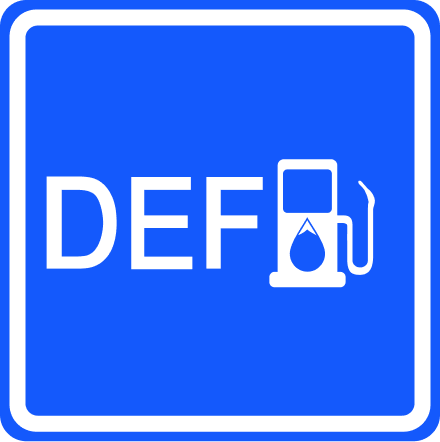
What Happens If You Put DEF In The Diesel Tank?
If you pour diesel exhaust fluid into the diesel fuel tank, this will lead to severe mechanical problems as diesel exhaust fluid contains water and is not combustible.
So mixing it with diesel fuel will contaminate the diesel fuel system, damage injectors, damage the fuel pump and you would have to spend a lot of money to repair these damages. Make sure to always keep diesel exhaust fluid separate from diesel fuel. This is why there is a DEF tank which has its own dedicated containers to avoid accidental mixing which can ruin engines and cause engine breakdowns.
Can You Delete The DEF System From A Diesel Truck?
Under EPA laws, you cannot remove the DEF system in a truck. If you do, you can be liable to hefty fines and penalties. Removing the DEF system called DEF DELETE violates emission standards but also increases the presence of harmful pollutants in the environment.
Engine manufacturers design diesel engines to require diesel exhaust fluid. So tampering with this system will void your warranty, will break federal regulations and it may even damage your engine. So it’s better to make sure your diesel exhaust fluid system is always in good shape so you can stay compliant and avoid any issues that may arise from it not being in good shape.
Protect Your Engine. Stay Legal, With Proper DEF Use
Using the wrong fluid or ignoring DEF maintenance can void your warranty and lead to legal fines. Our expert tips help you store, handle, and refill DEF the right way.
Does DEF Expire Or Go Bad Over Time?
The shelf life of diesel exhaust fluid is between 1 to 2 years when it is properly stored. If exposed to heat, sunlight, or contamination, diesel exhaust fluid will degrade and degraded diesel electronic fluid would no longer be able to reduce pollution and may even damage the SCR system.
If diesel exhaust fluid becomes discoloured, smells bizarre and crystallises, then it is bad. This will lead to a drop in engine performance and increased emissions of nitrogen oxides in the environment
How Do You Store Diesel Exhaust Fluid?
Diesel exhaust fluid should be stored in places that are cool, dry, and far away from direct sunlight or extreme heat. The ideal temperatures should range between 12°F and 86°F.
Diesel exhaust fluid should also be kept away from dirt or any contaminants by being in a sealed certified container designed specifically for diesel exhaust fluid.
If properly stored, the lifespan of diesel exhaust fluid will be longer and it will serve its purpose very well. Some people keep extra diesel exhaust fluid in plastic containers designed specifically for this purpose.
How Often Do You Need To Refill Diesel Exhaust Fluid?
For most vehicles, they will need a refill of diesel exhaust fluid every 3,000 to 8,000 miles depending on the size of the engine, the driving conditions, and the amount of fuel the vehicle consumes. For bigger trucks, they may need more frequent refills than lighter trucks.
It’s important to maintain the right diesel exhaust fluid levels to avoid engine restrictions and warning signs. Always check your vehicle’s dashboard indicators and refill the diesel exhaust tank to avoid any issues that may arise from depleted diesel exhaust fluid.
Where Do You Put Diesel Exhaust Fluid In A Vehicle?
The diesel exhaust fluid is often marked by a blue cap and labelled clearly to avoid confusion with the diesel fuel tank. The location is usually near the diesel fuel filler but the port is different.
Passenger vehicles, trucks, and buses have indicators on their dashboard that alert drivers when diesel exhaust fluid levels are low. Keeping extra DEF on hand is recommended especially if you’re covering long distances or if your vehicle is used for commercial purposes.
Is Diesel Exhaust Fluid Expensive?
A gallon of diesel exhaust fluid can cost between $2 to $4, which is less than a gallon of diesel. However, the prices can be affected by the supplier, the demand, and the availability of urea.
While diesel exhaust fluid may increase the operating costs of fleets, it enables cleaner emissions and helps to avoid fines. So the benefits outweigh the price, especially if the fleets are used for commercial purposes and have to comply with environmental laws.
Does Diesel Exhaust Fluid Affect Fuel Economy Or Engine Life?
Contrary to some myths that have been spread in the past, diesel exhaust fluid does not harm engine life and does not negatively affect fuel efficiency. The SCR technology and diesel exhaust fluid may improve fuel economy and help the engine to remain clean as it reduces soot buildup.
Maintaining proper diesel exhaust fluid levels supports optimal engine performance, reduces maintenance costs, and also reduces emissions.

